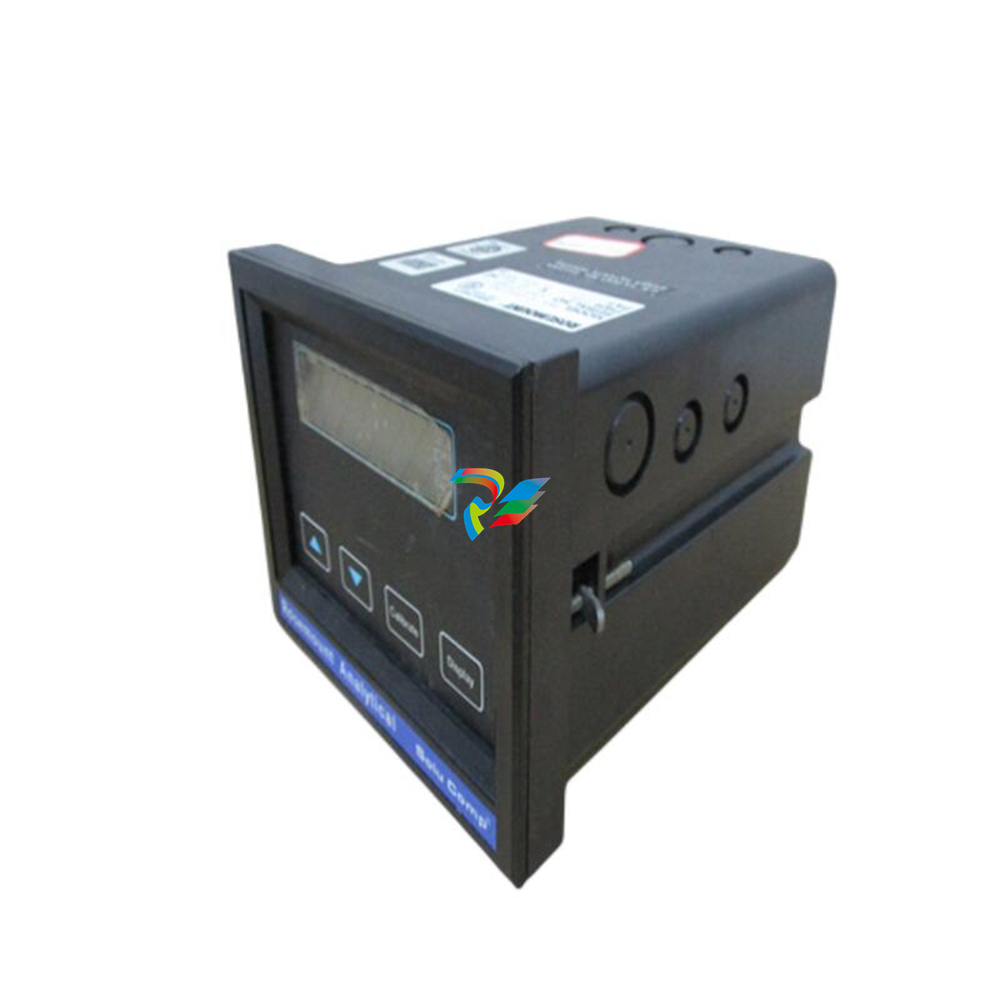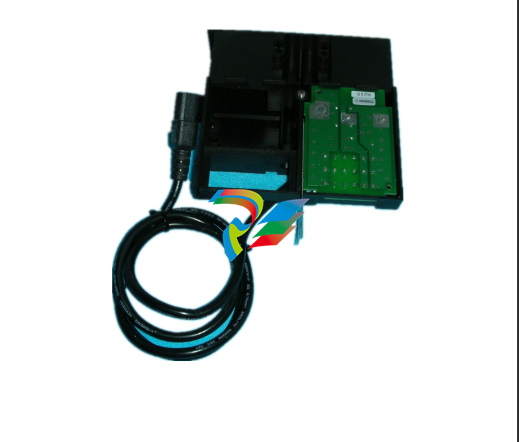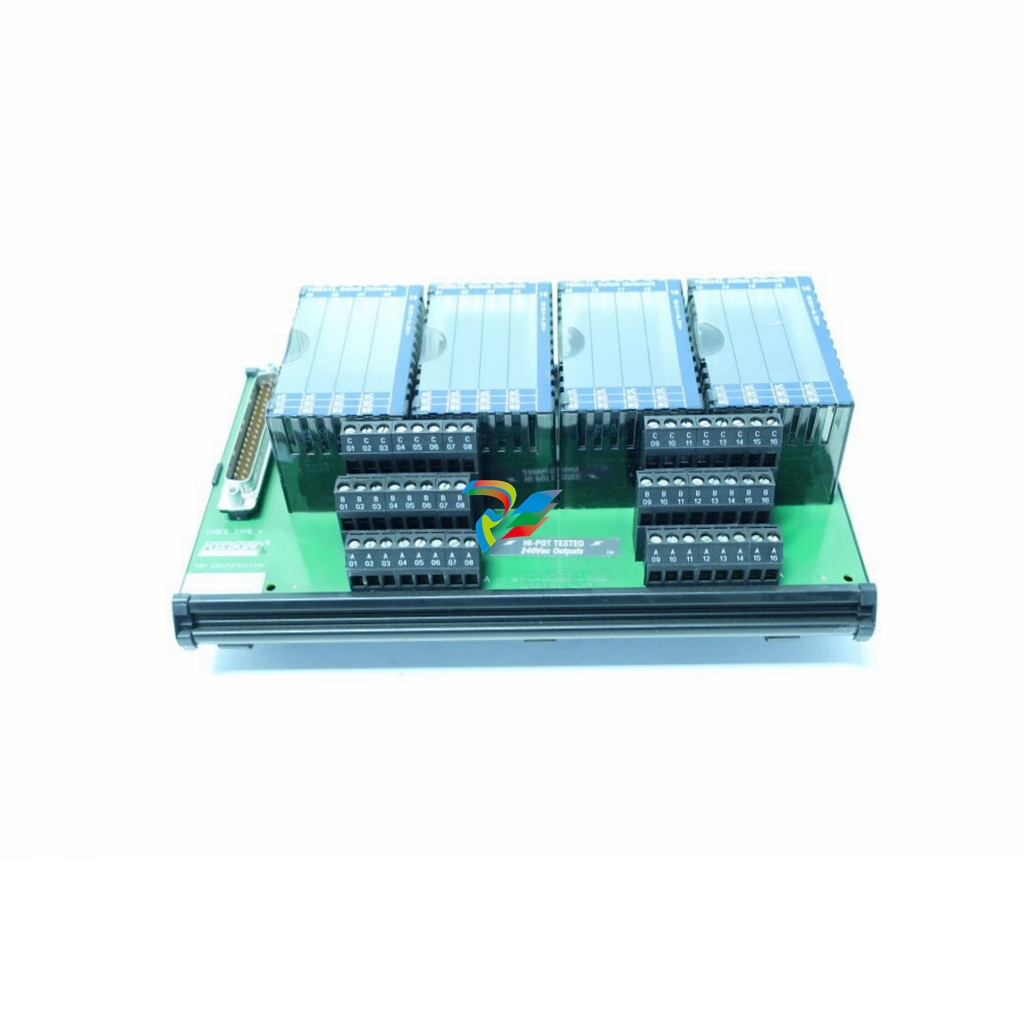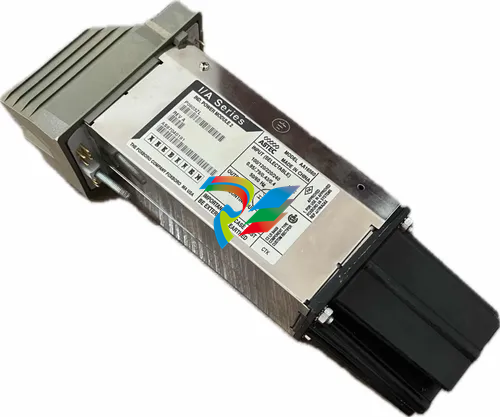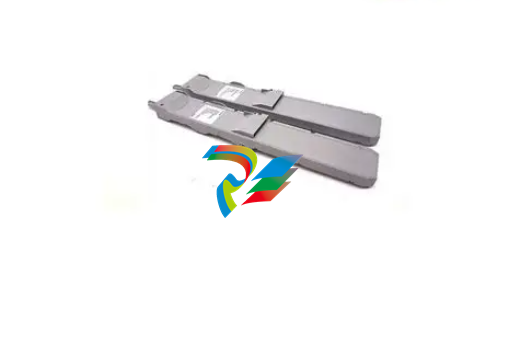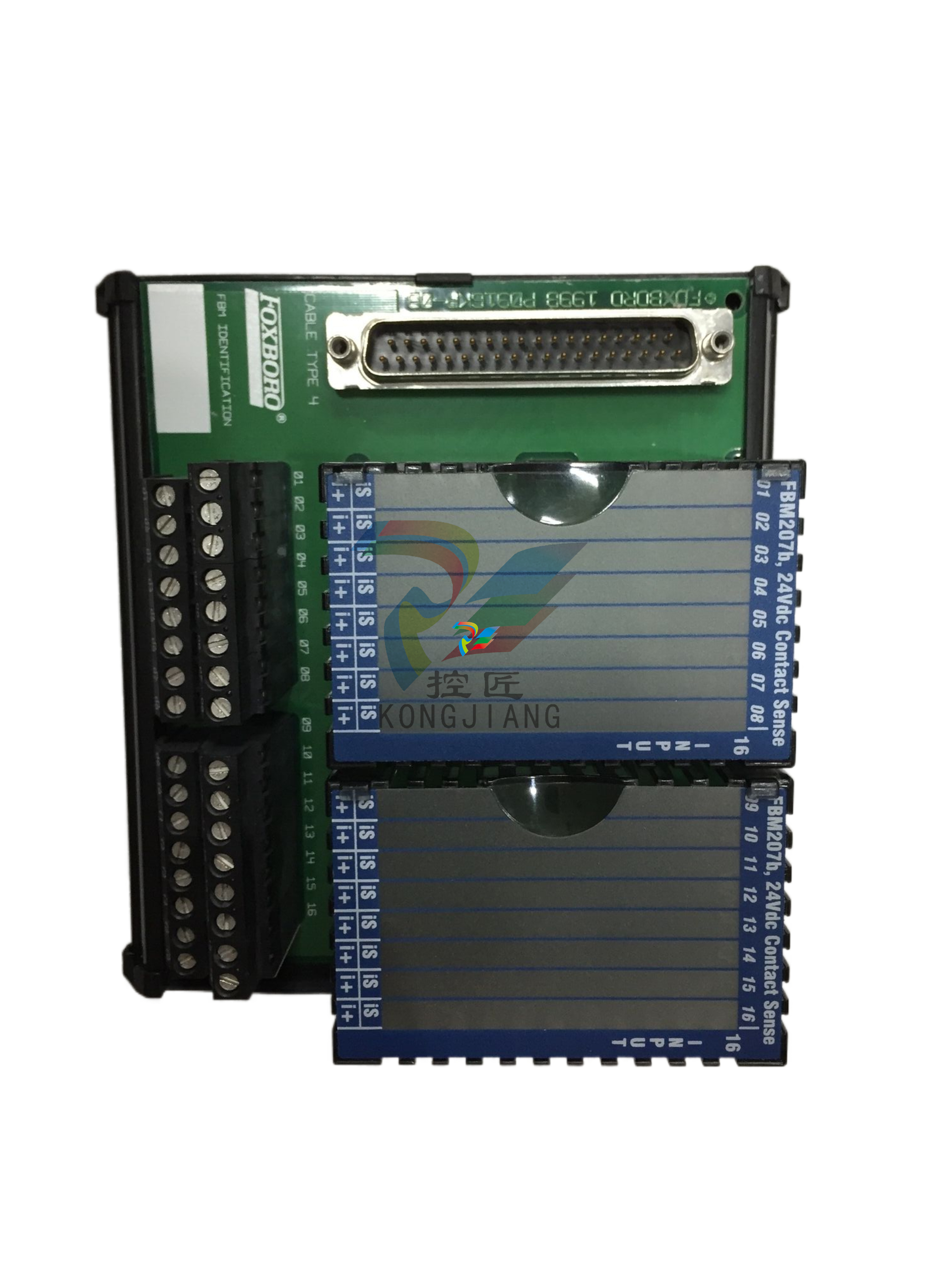
CECIMO: “The Big Revolution For the Machine-Tool Industry is Digitization”
On the occasion of the 20th anniversary of our publisher, the industry sourcing company DirectIndustry, we are celebrating 20 years of industrial innovations by giving the floor to the players that brought these innovations to life.
In this interview, we focus on machine-tools. Filip GEERTS, Director General, CECIMO – European Association of the Machine Tool Industries and related Manufacturing Technologies gives his insights into 20 years of innovations in machine-tools.
20 Years of MACHINE-TOOLS with CECIMO
Cecimo is a European umbrella organization of machine tool manufacturers, consisting of 15 national associations and representing some 1,300 industrial enterprises in Europe. The organization focuses on creating the ideal economic conditions for the machine tool industry as a prerequisite for innovations, with the goal of helping European machine tool manufacturers expand their global leadership position.

DirectIndustry magazine: What has been the big revolution in machine tools over the last 20 years?
Filip GEERTS: The BIG revolution of the last 20 years is digitization. Digitization (including artificial intelligence) is generating new opportunities and is increasingly transforming all segments of manufacturing, from design to maintenance. It is a driver in the optimization of business and energy efficiency. Digitization also leads to the development of new business models and new data-driven services, for example predictive maintenance.
DirectIndustry magazine: Machine tools is an industry that usually evolves slowly. But it seems that in 20 years, things have changed a lot. What do you think?
F.G.: Indeed, things have changed a lot in 20 years. To give an example, the use of Additive Manufacturing (AM) is growing in many sectors, but its use is not yet widespread. Additive technologies present big potential and many advantages, for example for reducing component weight, the ability to produce complex parts and customization. Nevertheless, in many cases some kind of subtractive post processing is necessary before finalizing the piece. AM is not going to replace subtractive manufacturing, but there will be a need to profit from the advantages of both additive processes and traditional machine tools as well as to integrate them in a process chain or in hybrid machines.
Two other trends are robotics and automation which are leading manufacturing towards the so-called “Factories of the Future”. On the shop floor, robots can be integrated into the production process while leaving core machining and cutting activities to the machine tool. They is be useful in supporting technicians on tasks such as handling and can boost the productivity of the entire shop floor. As an industry that looks constantly towards innovation, the European machine tool sector sees these trends positively. All the ingredients for being at the center of the “Factories of the future” stage are present in Europe, where a whole range of new technologies, including those developed in Europe, will interact with one another. The interaction between cutting-edge CNC machines and robots is an example of this.
DirectIndustry magazine: Let’s focus on AM. How can you evaluate its impact on the sector?
F.G.: New industries have begun to embrace AM as they are discovering the many benefits it brings to their business. In terms of applications, aerospace was an early adopter and will continue to be one of the major sectors for AM. Many companies in this sector have exploited the flexibility and efficiency of the geometry offered by AM to eliminate significant amounts of unnecessary material. Other sectors, such as the construction and energy sectors, have started to increase the adoption of AM, benefitting from the high level of complexity, resistance and quality. AM can potentially change many sectors’ supply chains. Two aspects that could have a substantial impact on the future growth of AM are the development of harmonized standards and a skilled workforce. Standardization is a crucial element for the industrialization of AM in Europe. In the recent past, we have observed the growing involvement of several AM players in standardization organizations (both at ISO level and at CEN level), and therefore a great boost has been given to the development of standards. The lack of skills in the area of AM remains one of the largest obstacles for the growth of the sector. There is an urgent need to expand the pool of European workers able to work with AM machines.
DirectIndustry magazine: Hybrid machining did not exist 20 years ago. What can you say about this evolution?
F.G.: Hybrid machine tools that incorporate CNC and AM could represent the next step in the development of the machine tool industry. 3D printing is rapidly growing, and 3D printers are becoming important CNC tools. There are still some limitations because 3D printing with metals generally requires the metal to be sintered or melted at some point in the process, resulting in mechanical properties which may be very different from those of a piece machined from a rolled or heat-tempered alloy. At this point, the challenge of the 3D printing process is to match the precise tolerances of high-precision machining. Therefore, it is more likely to have on the shop floor 3D printers working side-by-side with more traditional CNC machines, rather than replacing them fully. However, there are some significant advantages too: cost reduction (for example reduction of material scrap, reduction of labor input and the possibility of multiple design changes); improved functionality (for example, the ability to produce tooling fixtures infeasible through conventional manufacturing techniques); and increased ability to customize.
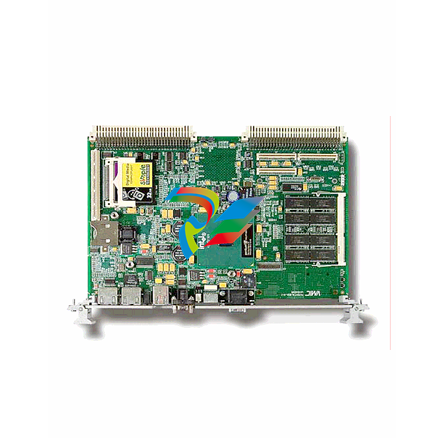
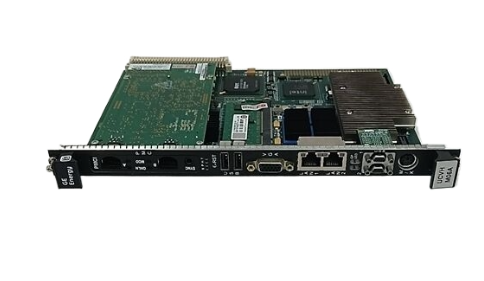
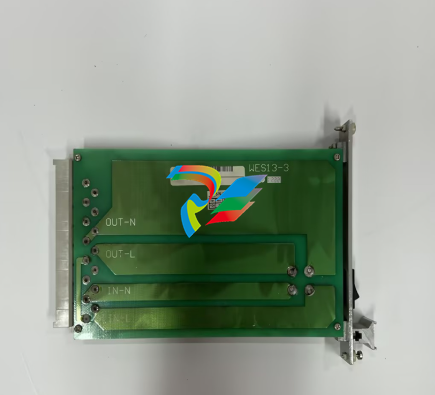
.jpg)
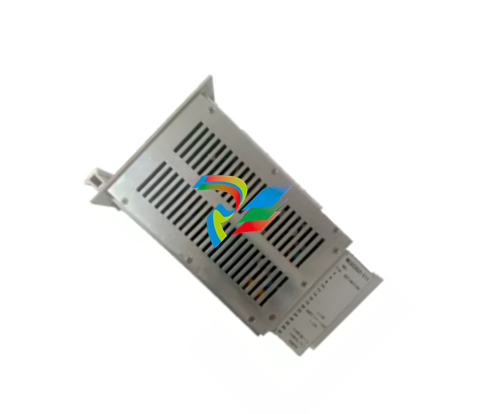
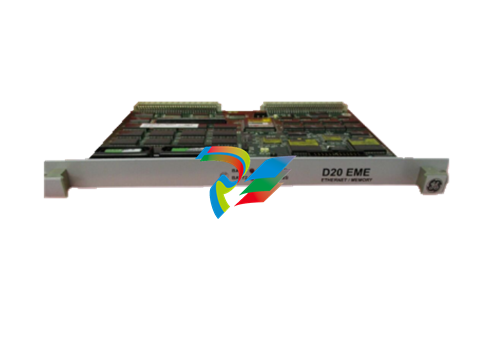
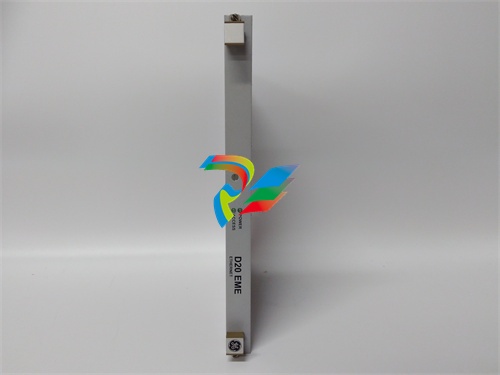
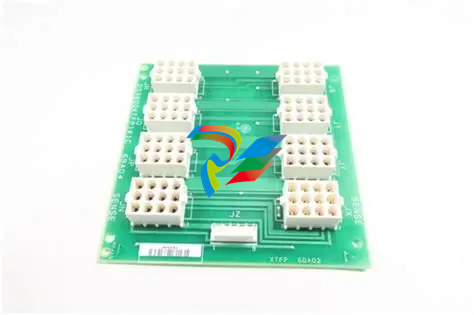
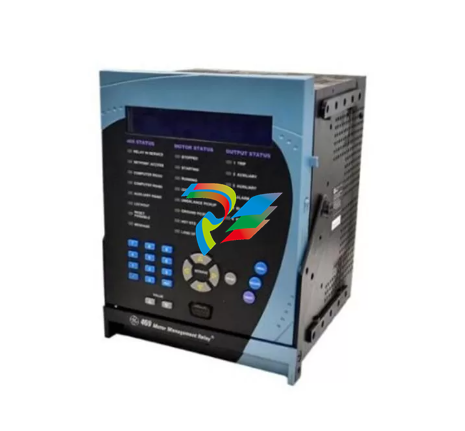
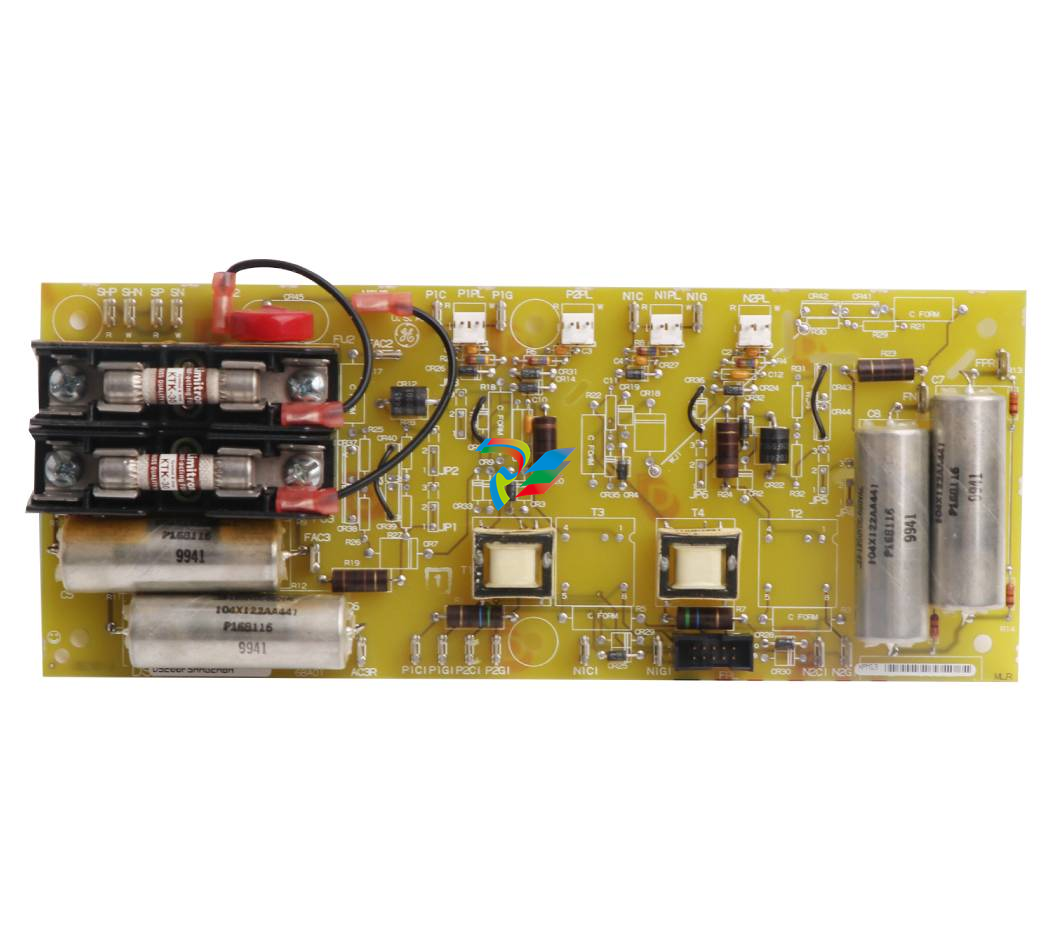
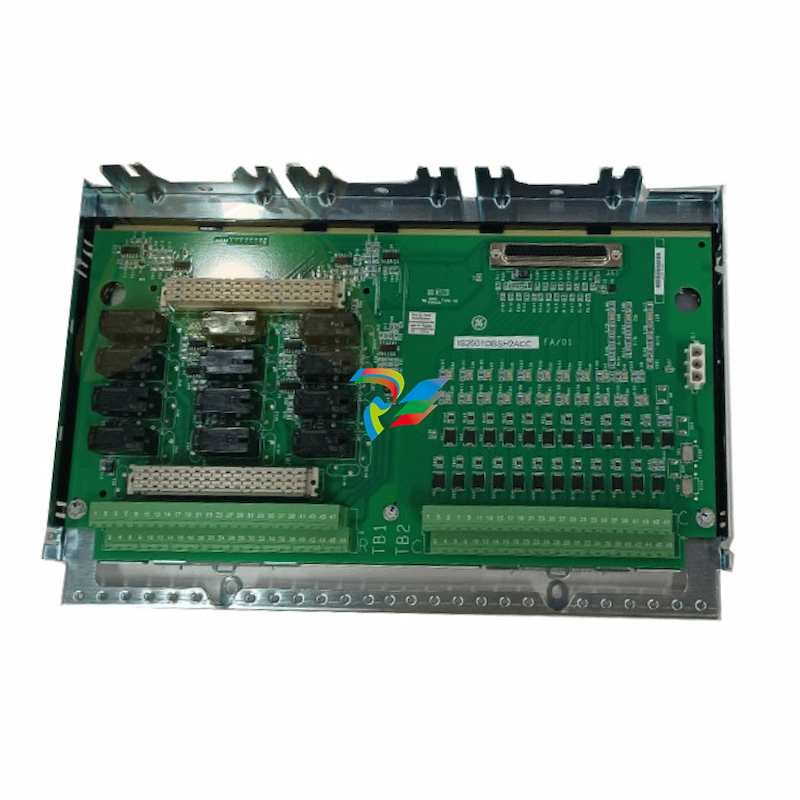
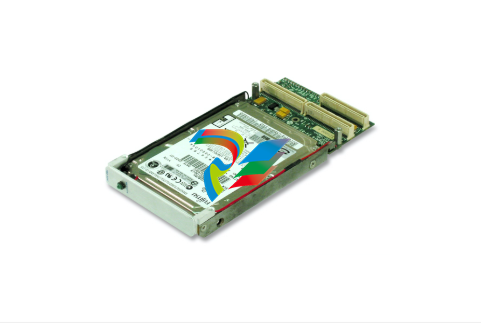
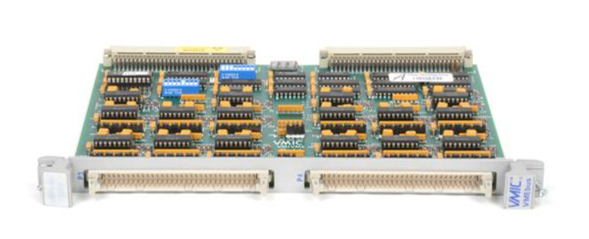
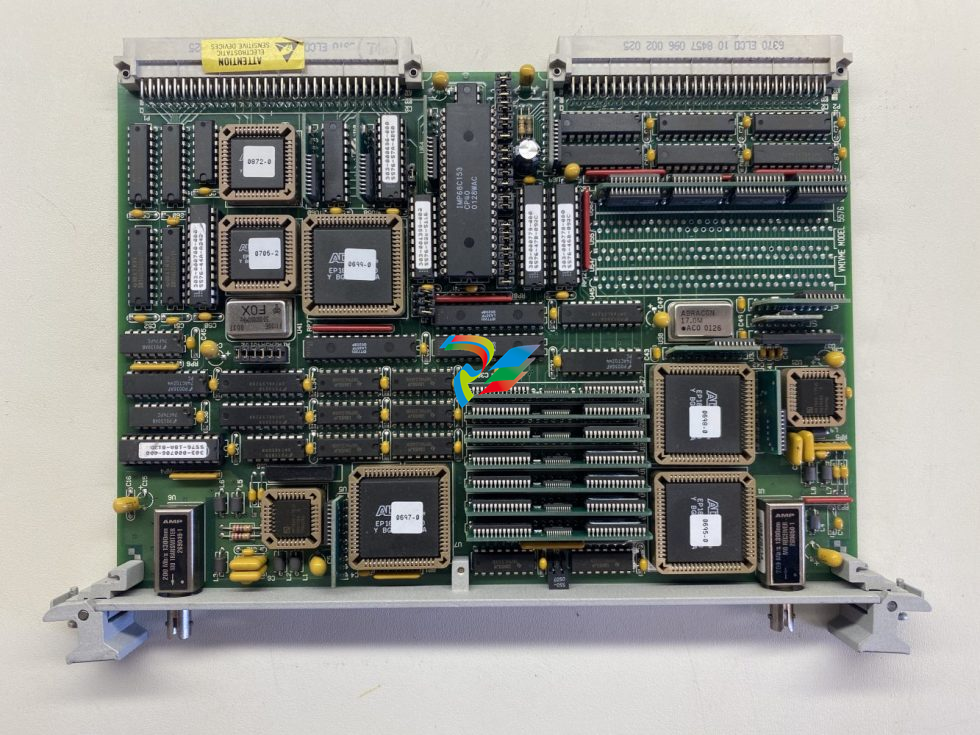
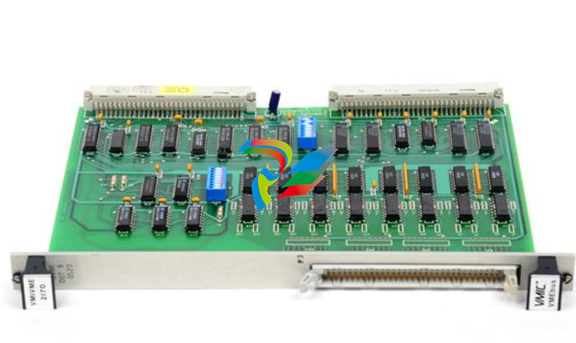
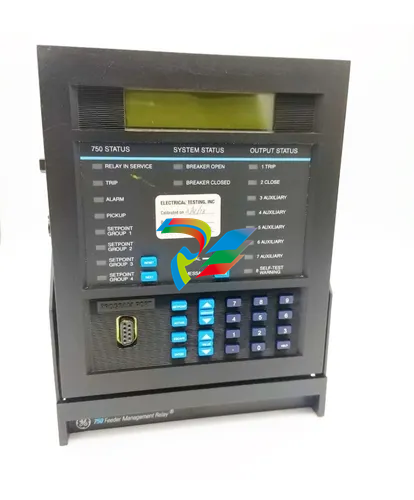
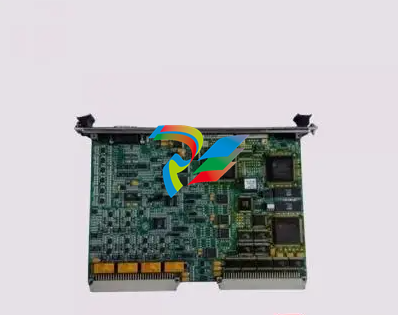
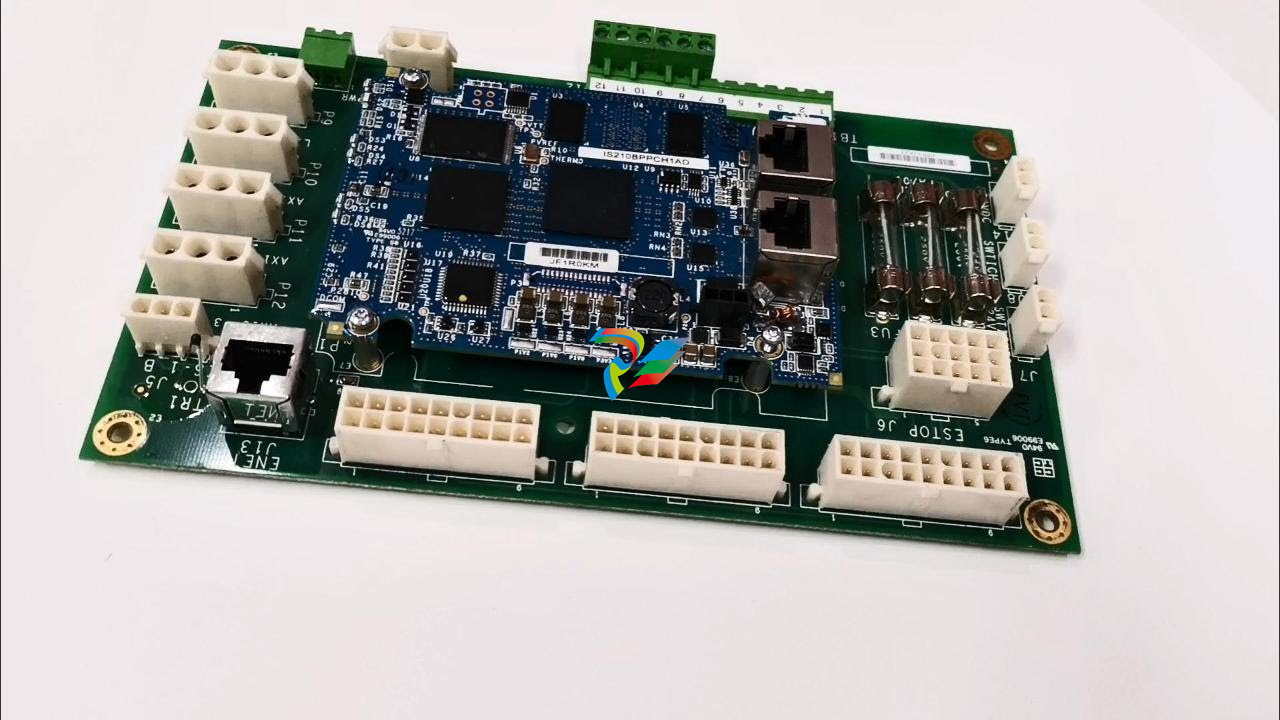
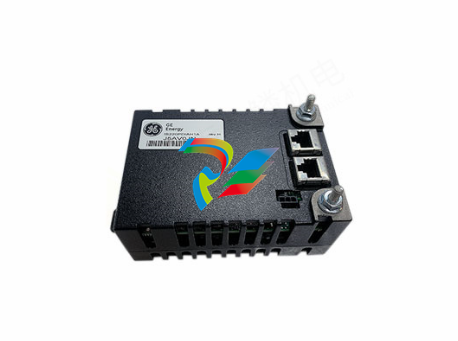
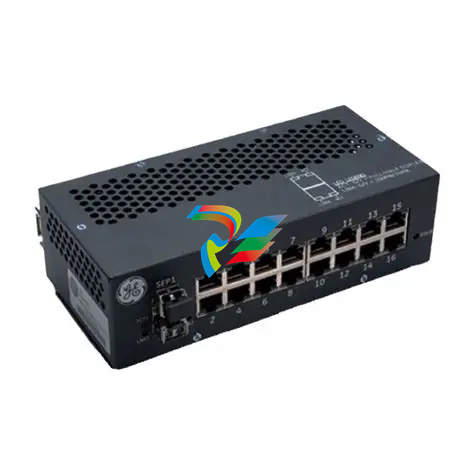
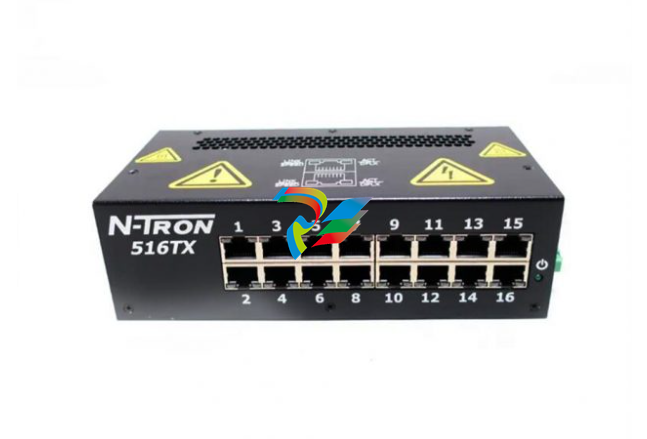
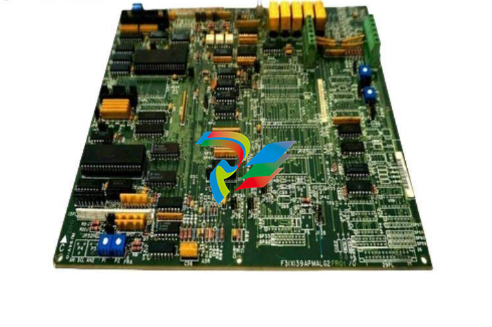
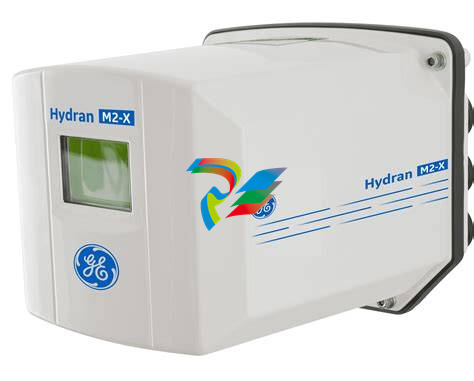
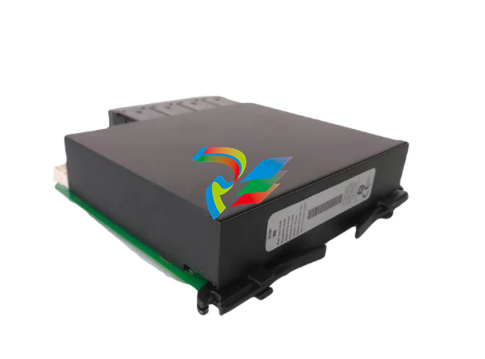
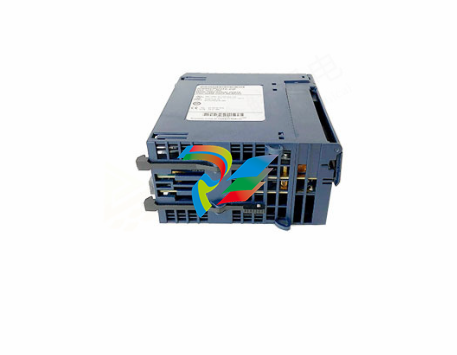
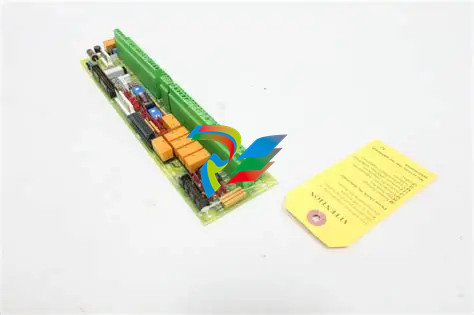
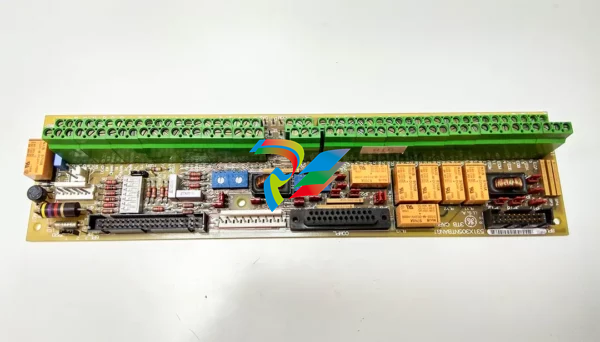
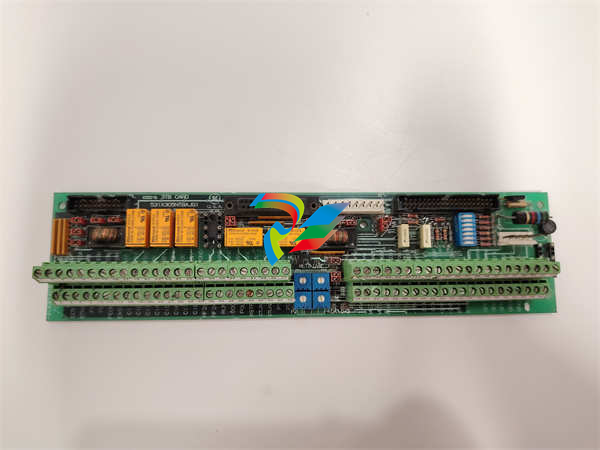

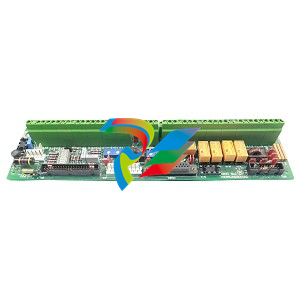
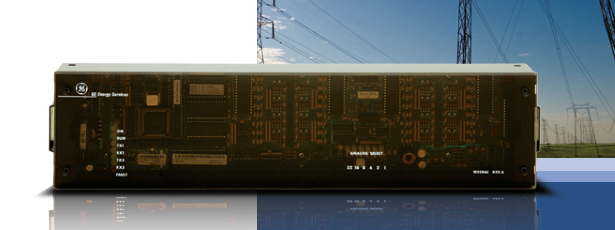
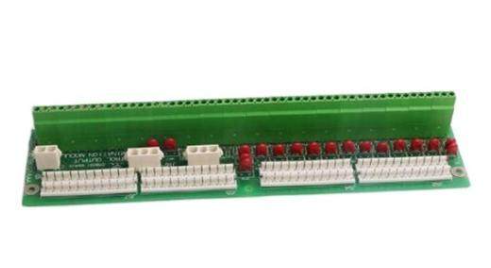
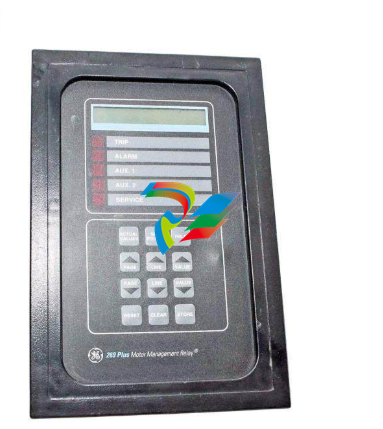
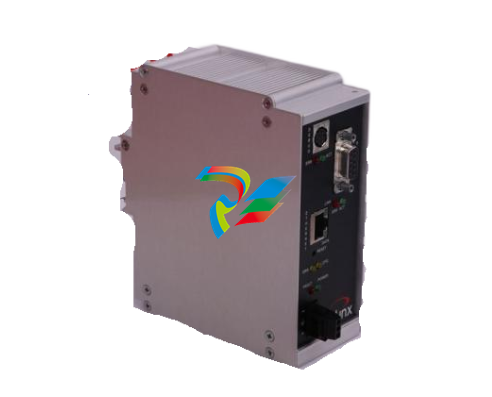
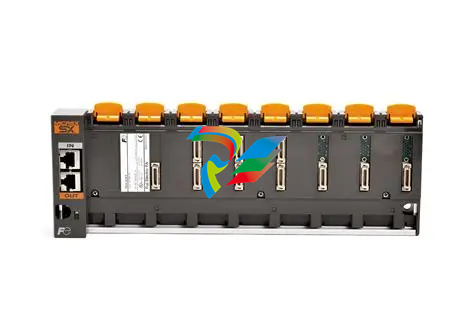
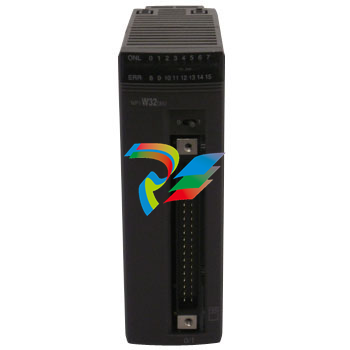
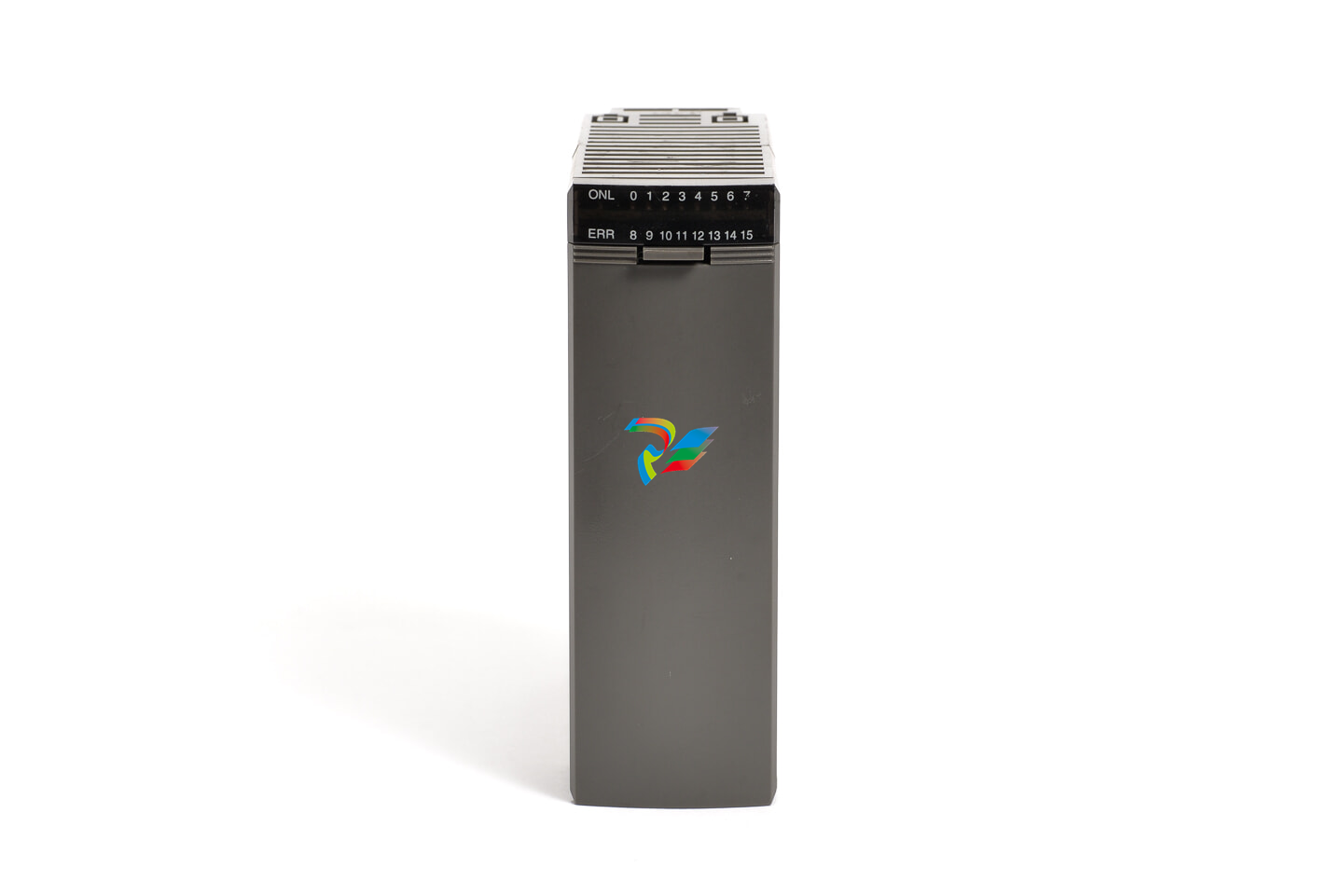
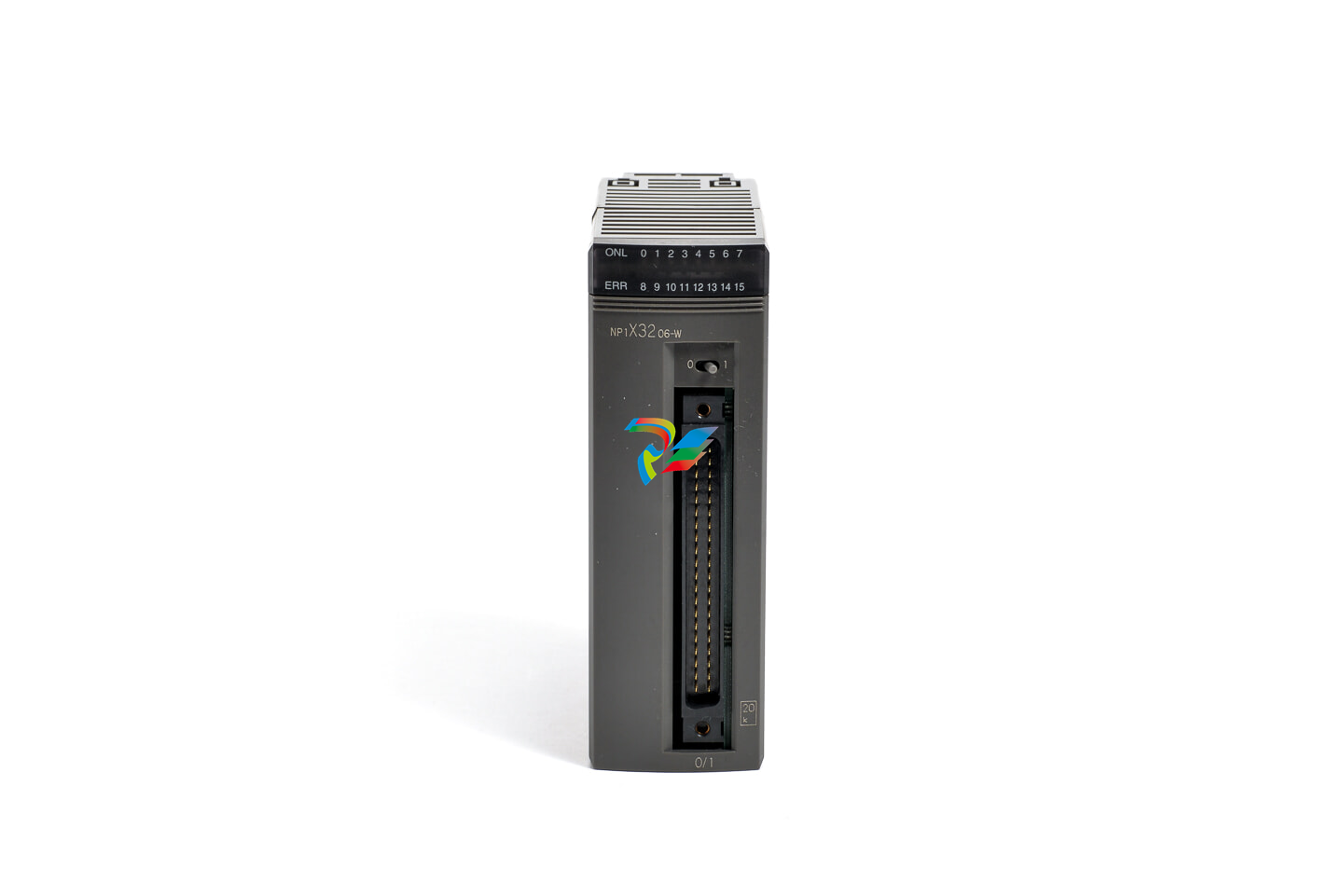
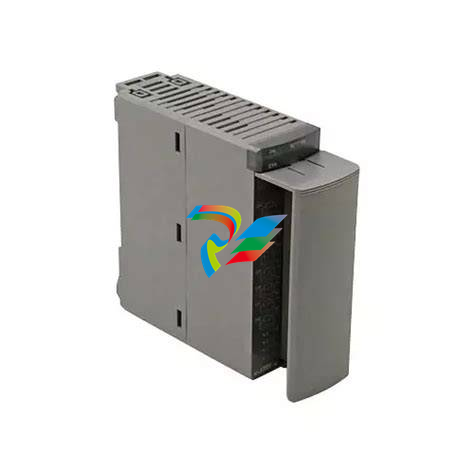
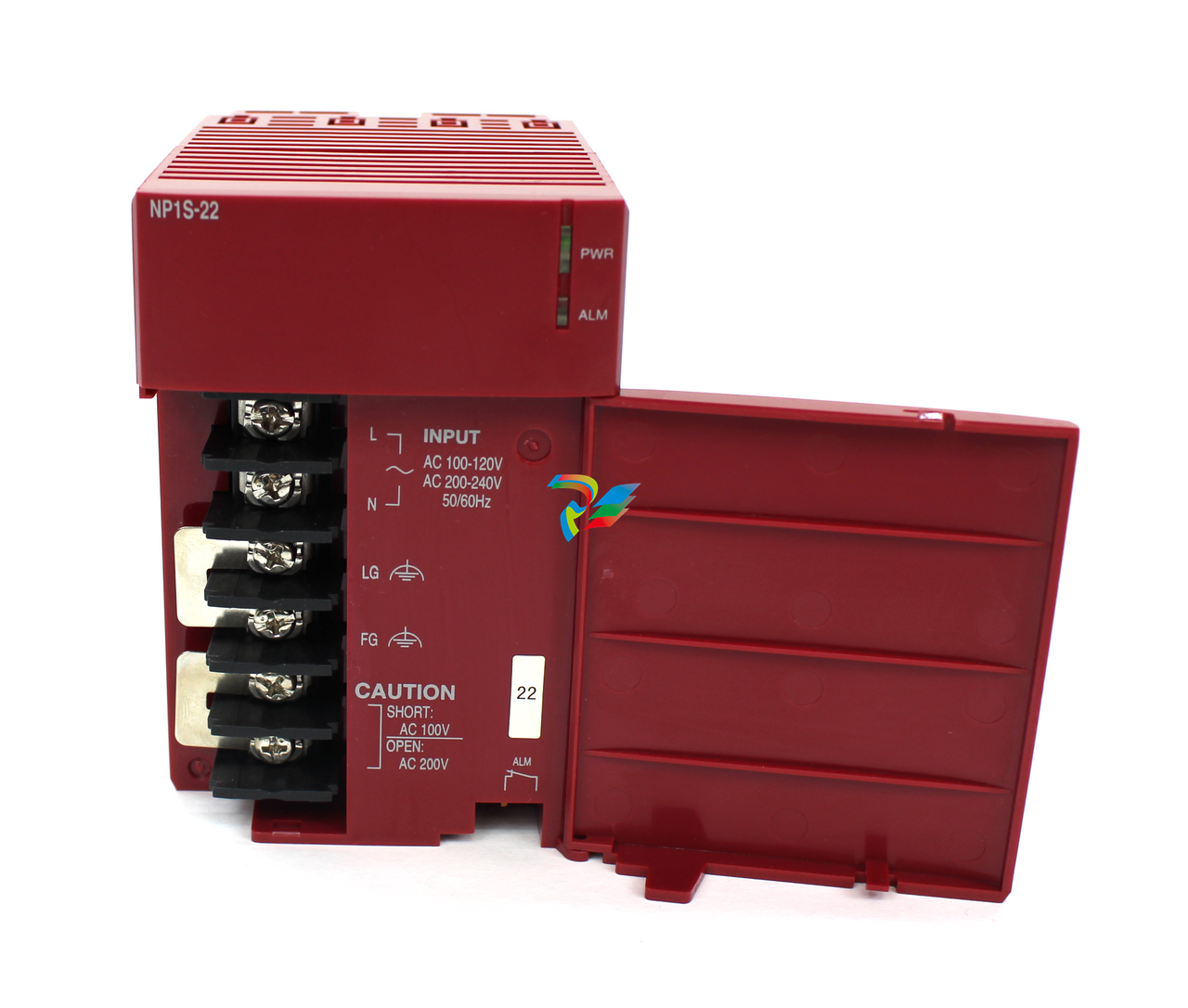
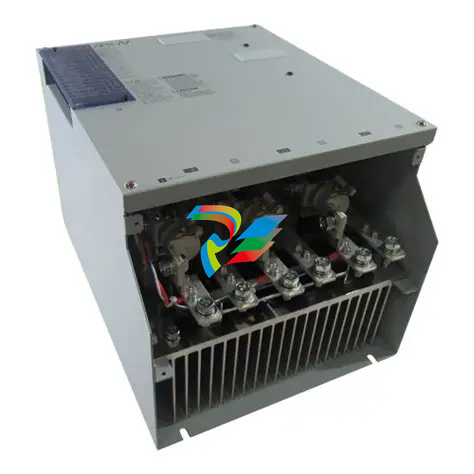
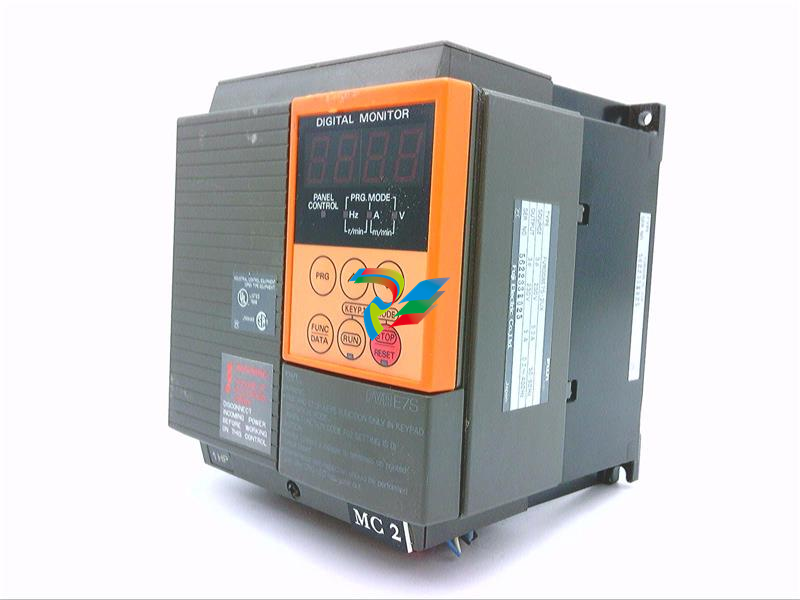
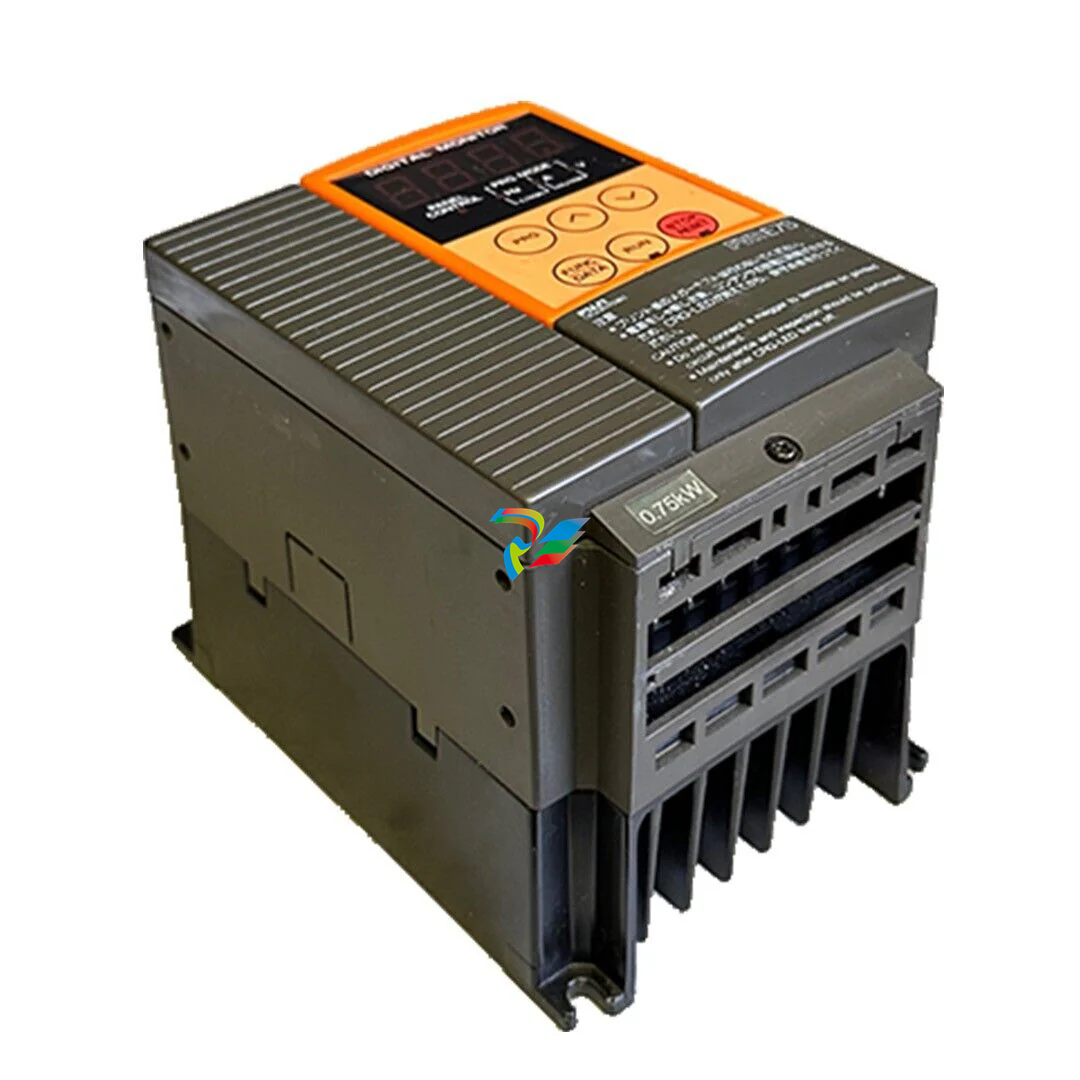
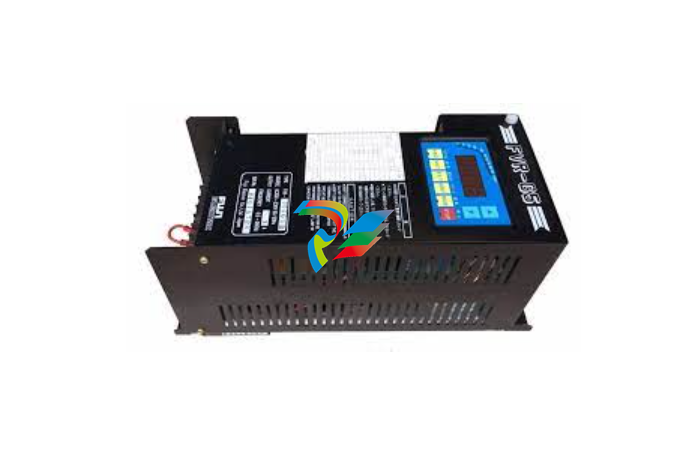
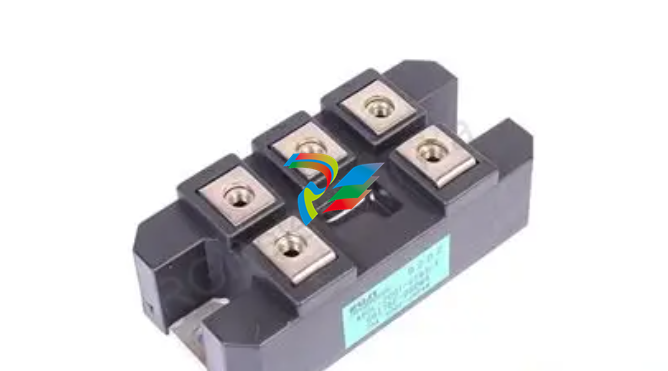
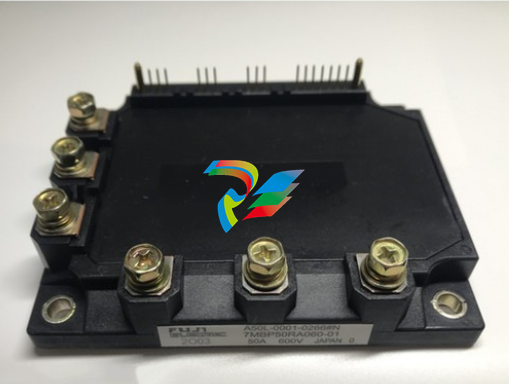
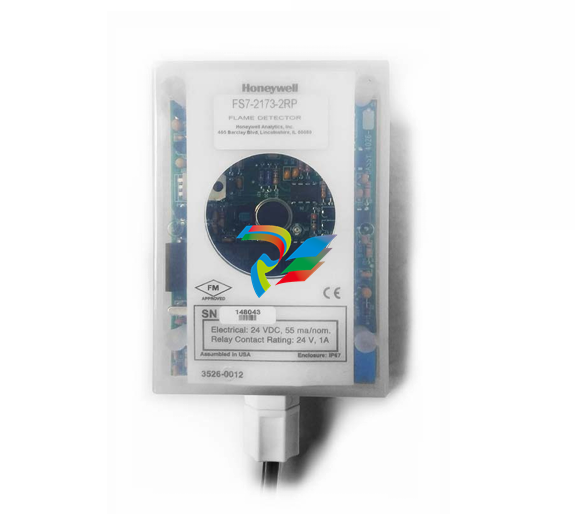
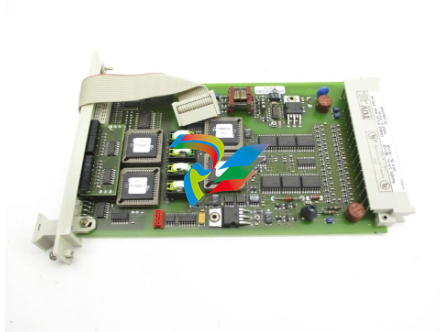
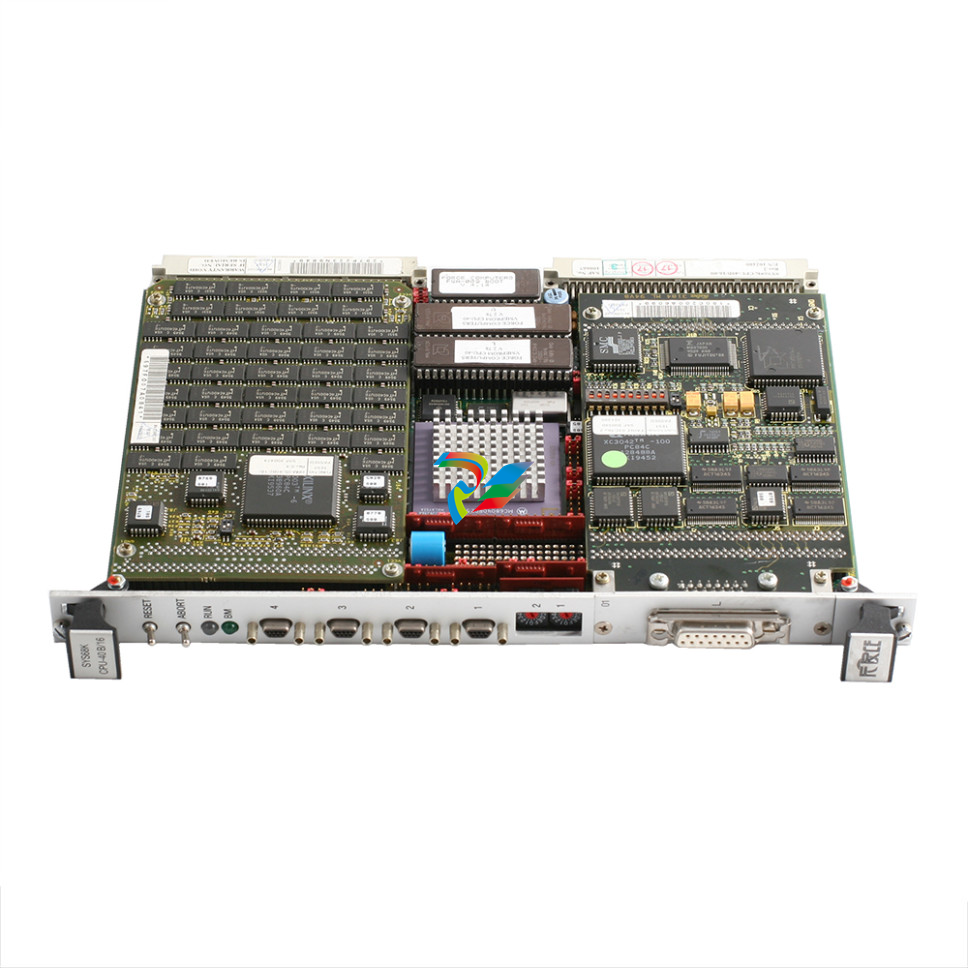
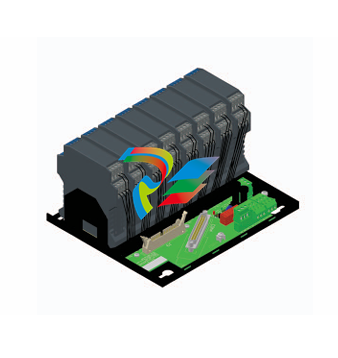
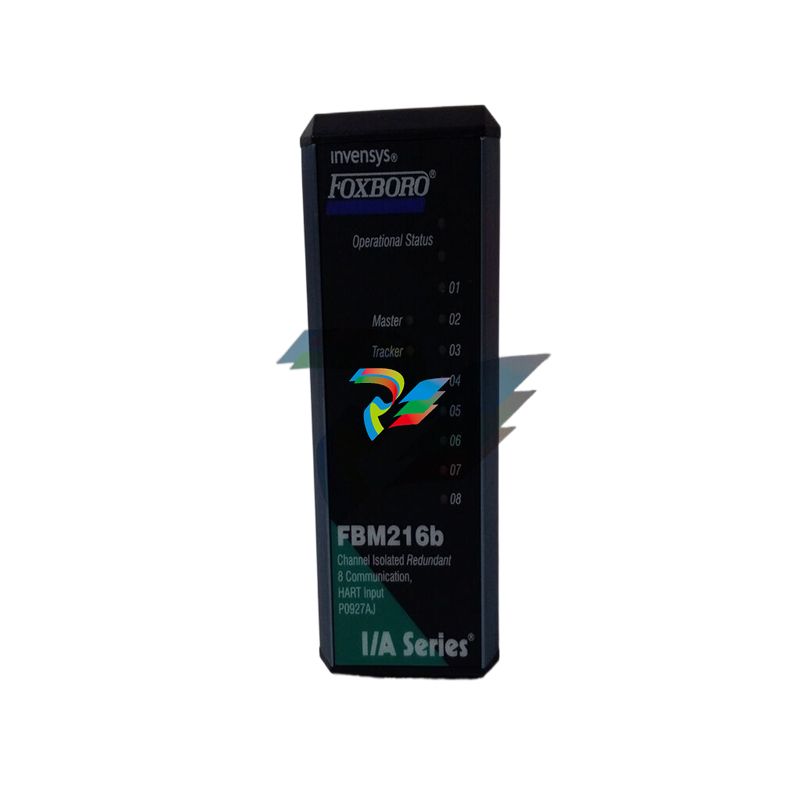
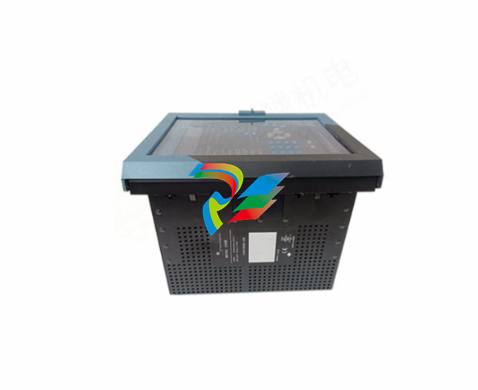
.jpg)
.jpg)
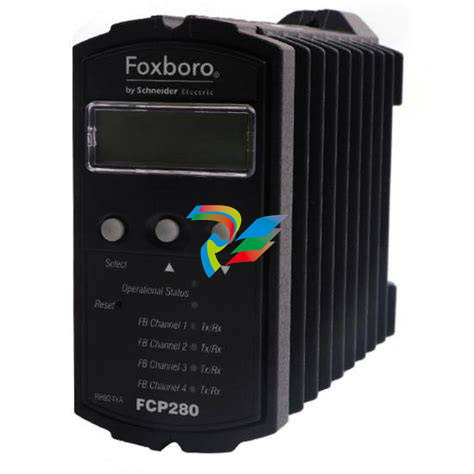
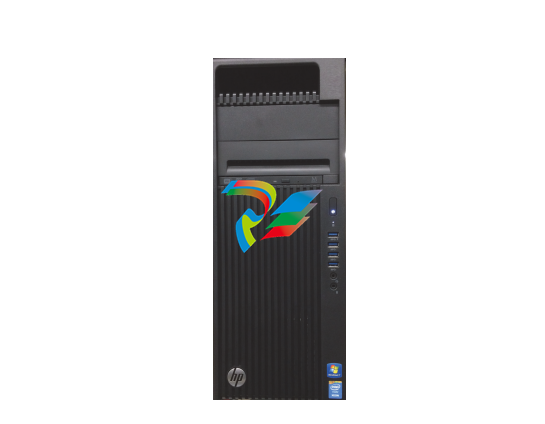
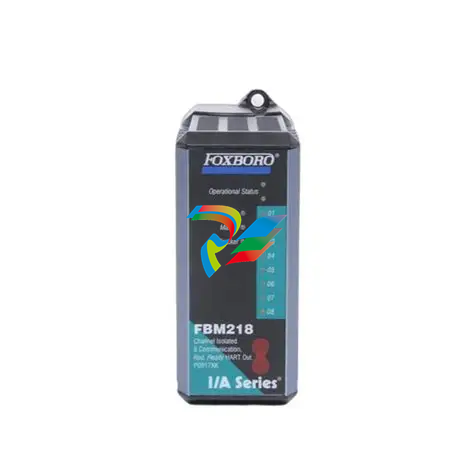
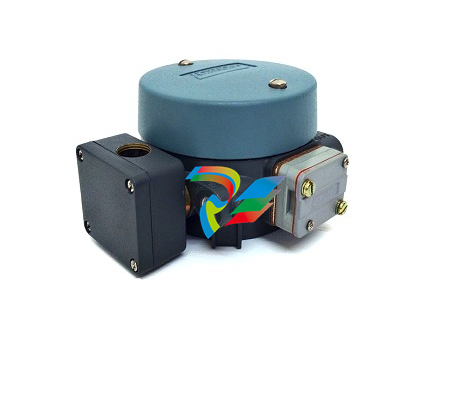
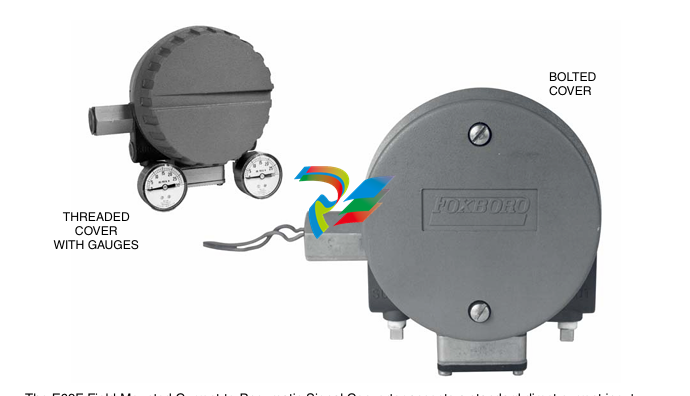
.jpg)
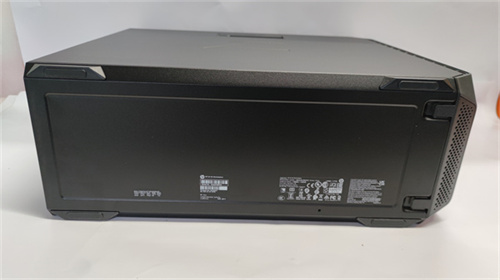
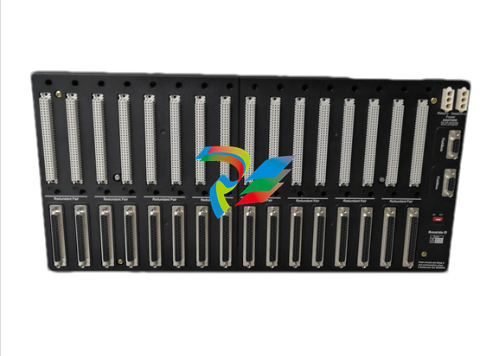
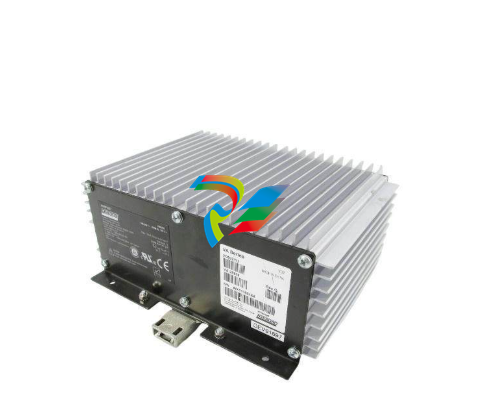
.png)
.jpg)
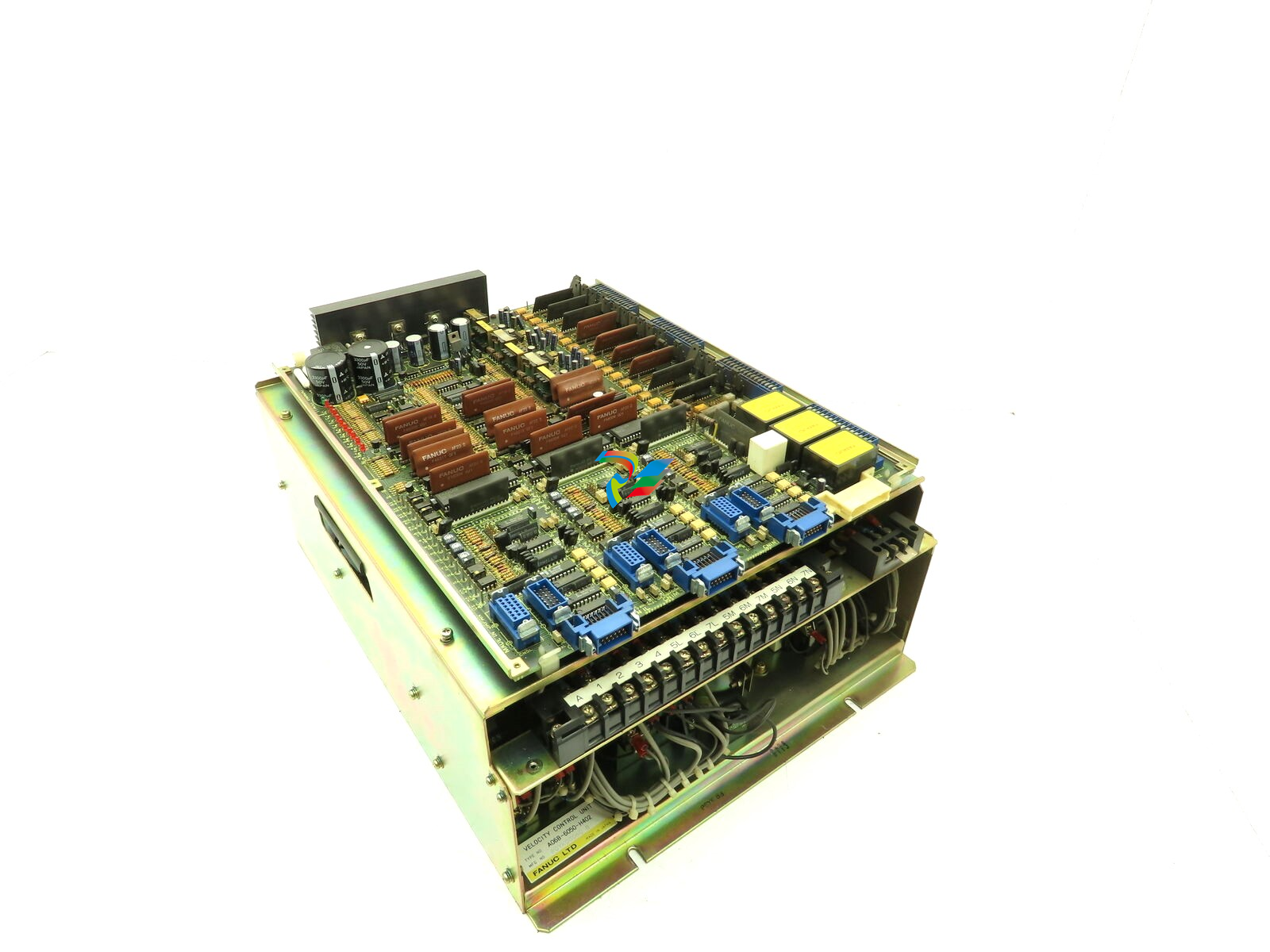
.jpg)
_lVjBYb.jpg)
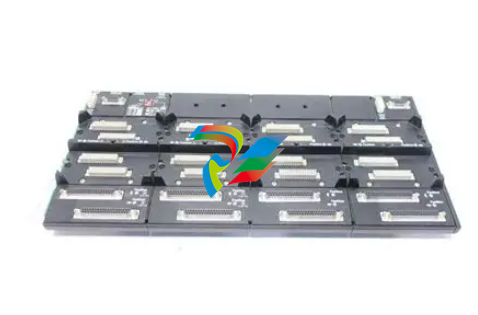
.jpg)
.jpg)
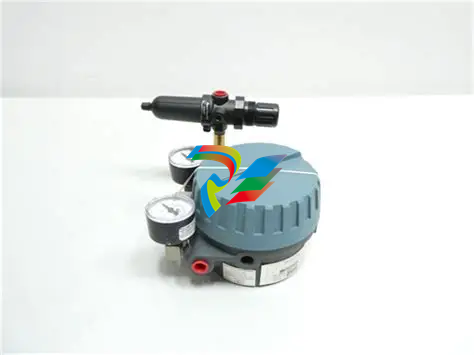
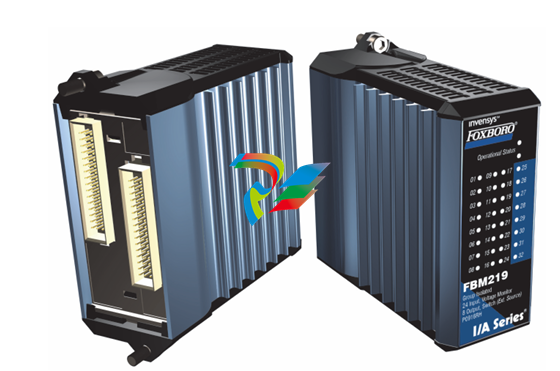
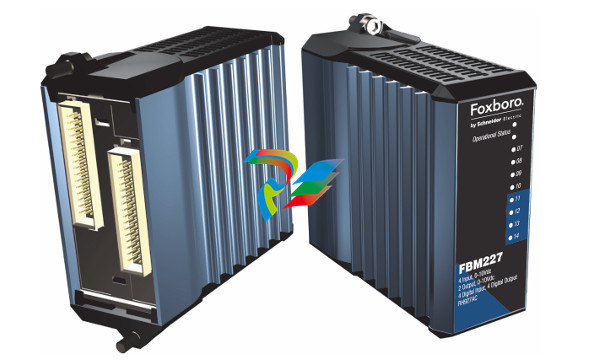
.jpg)
.jpg)
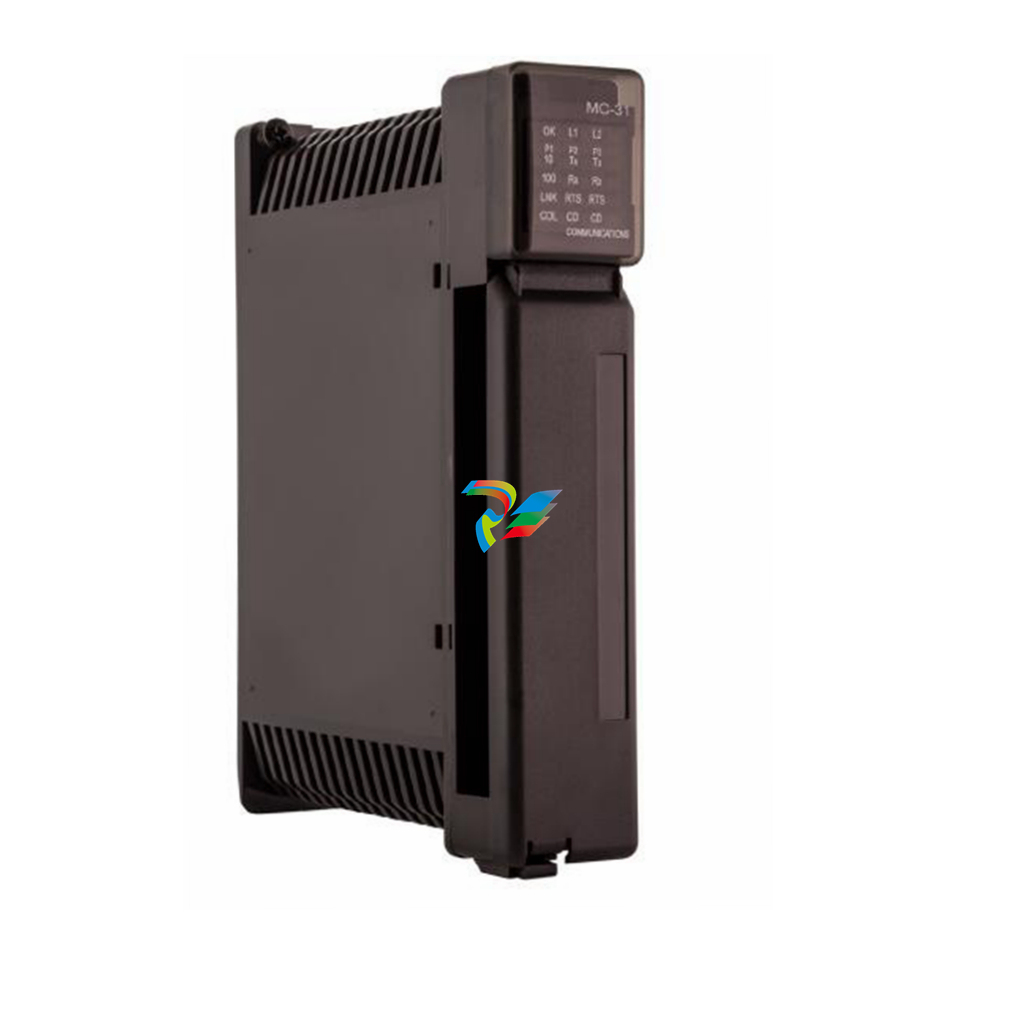
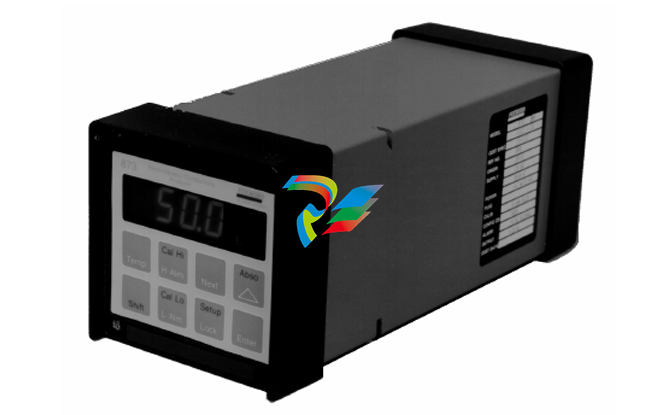
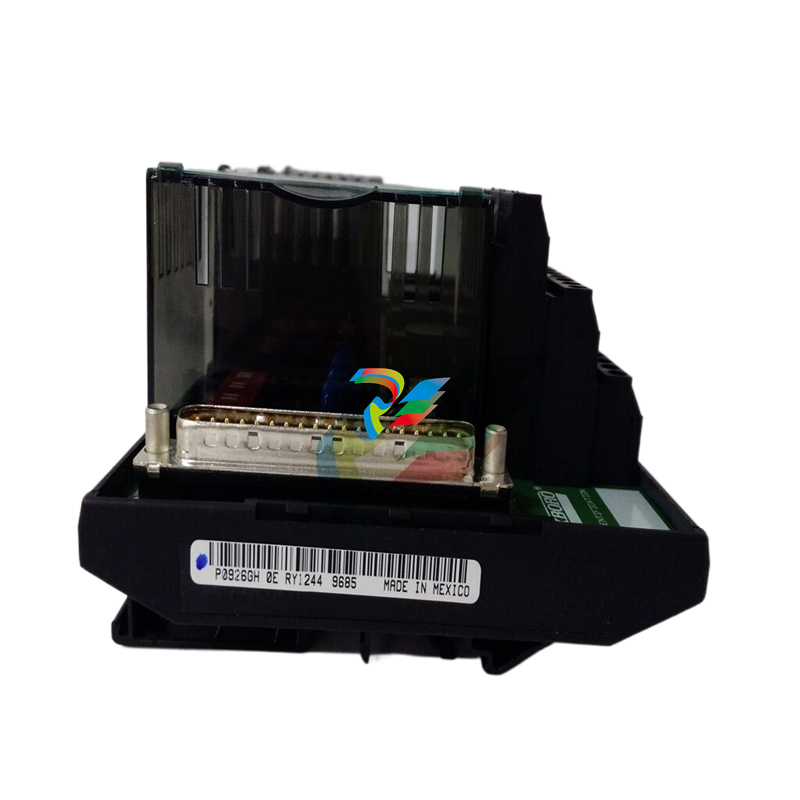
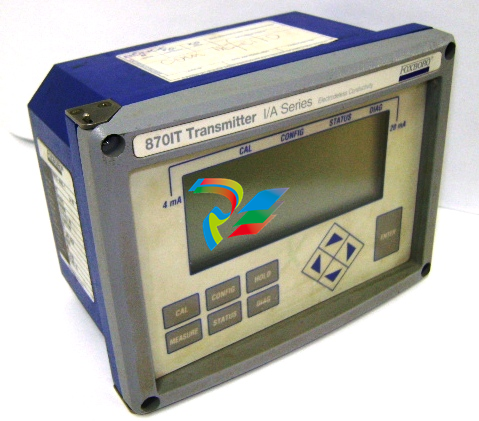
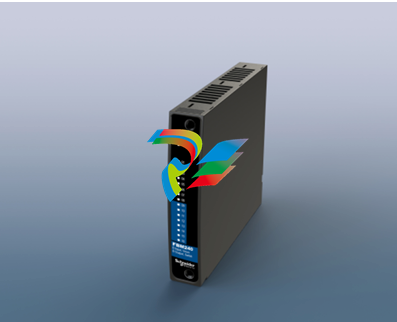
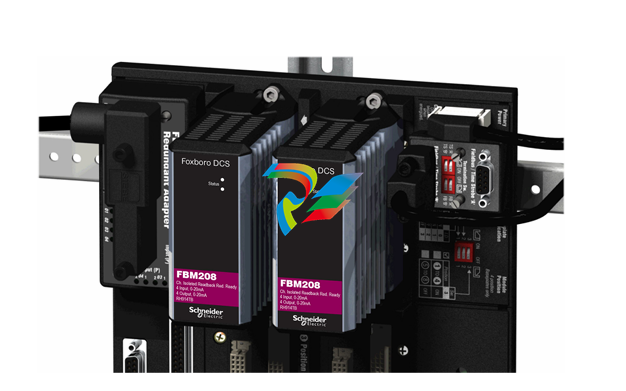
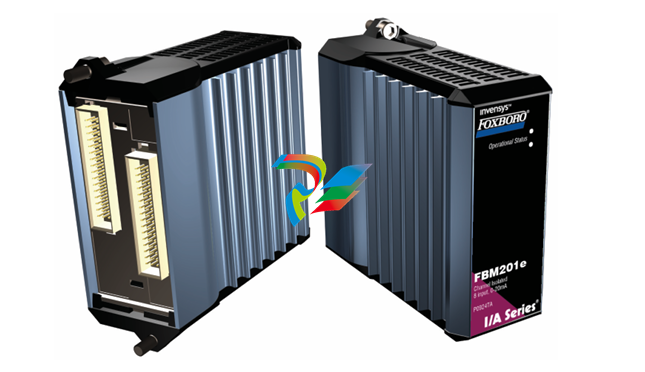
.jpg)
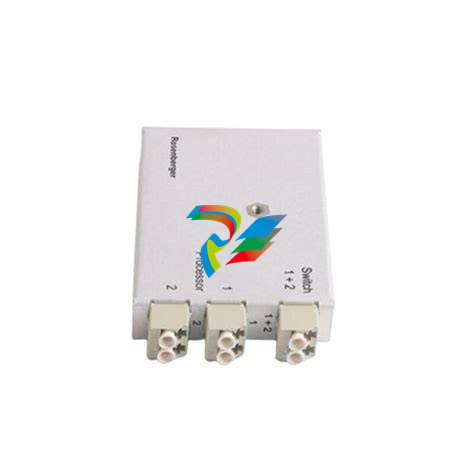
.jpg)
.jpg)
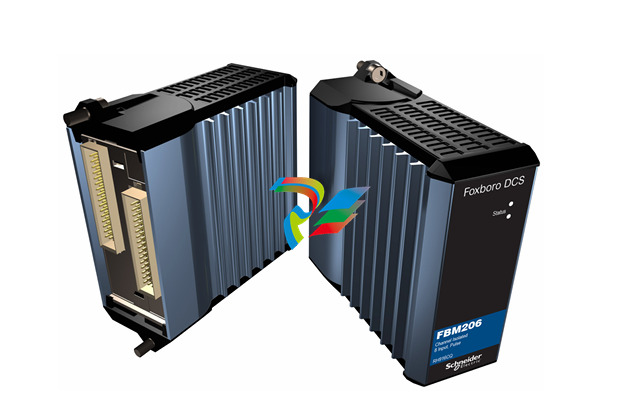
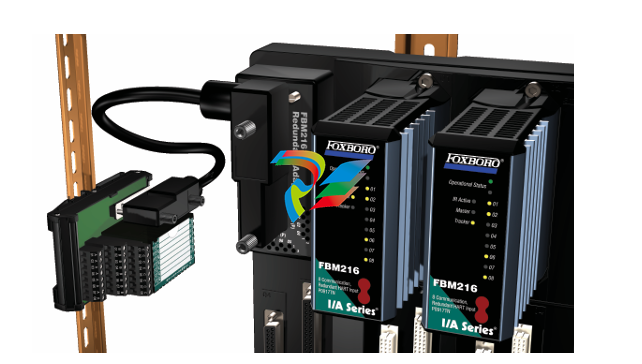
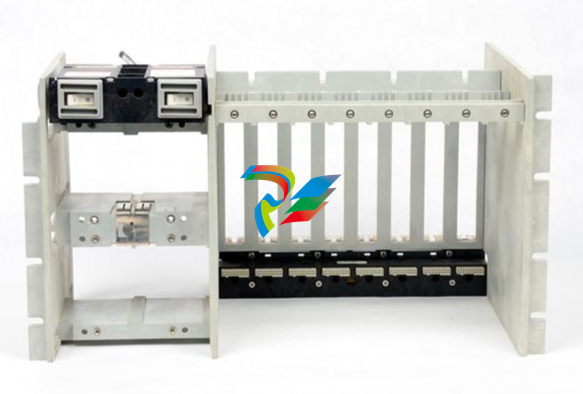
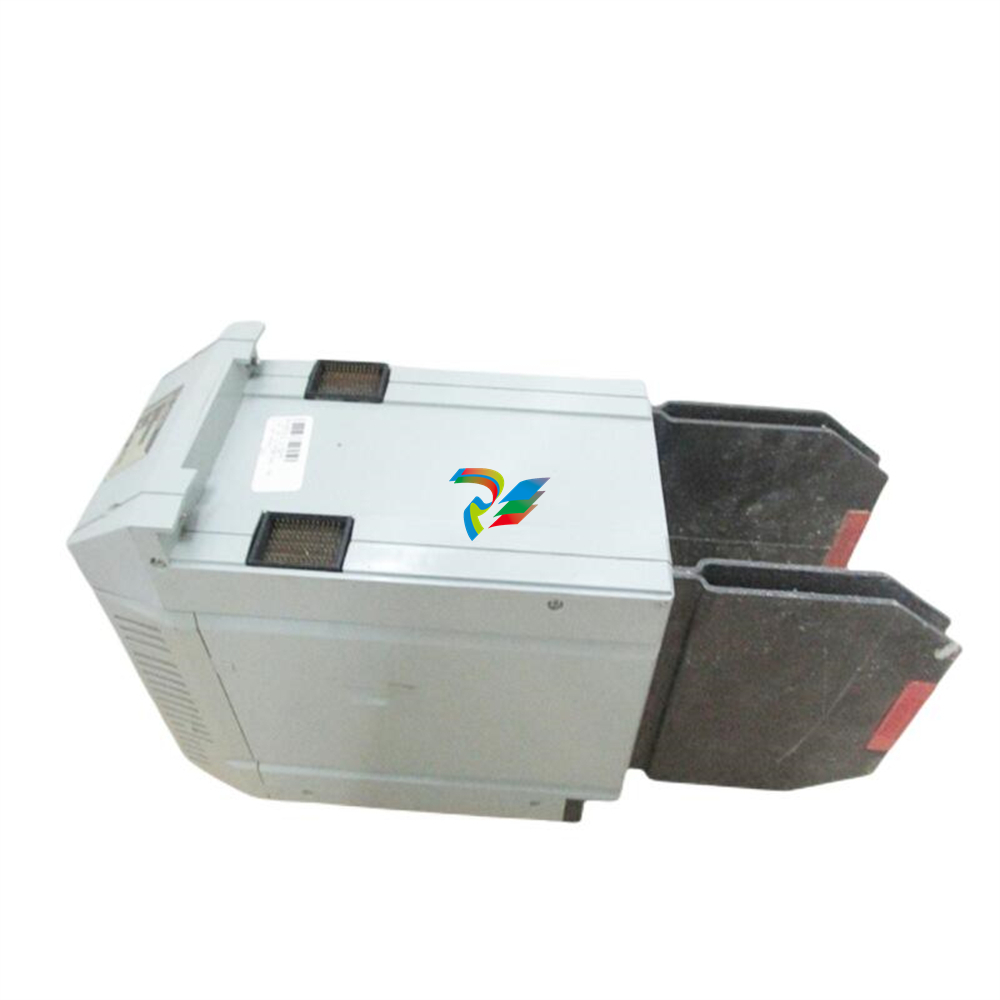
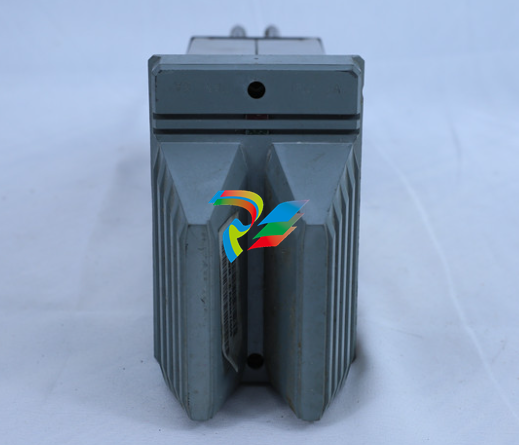
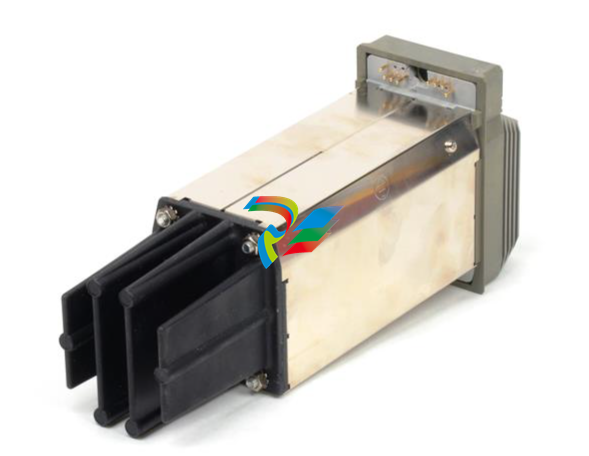
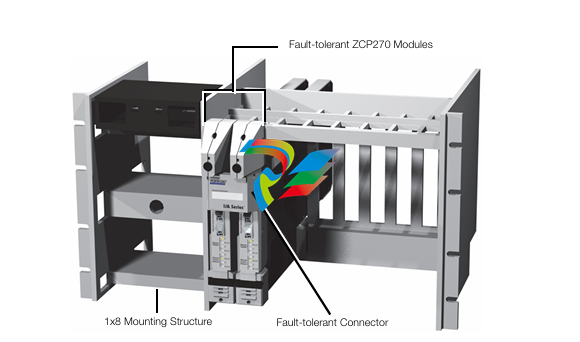
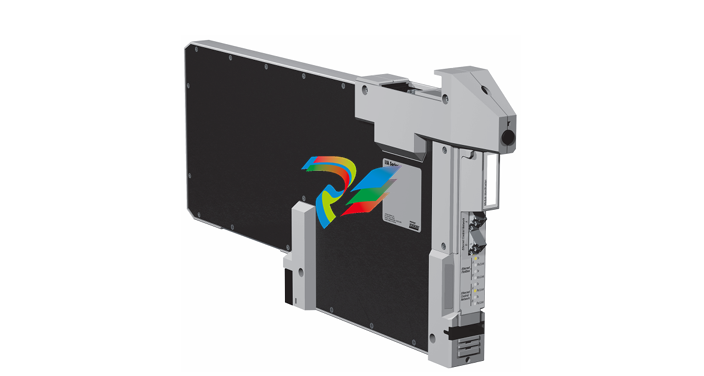
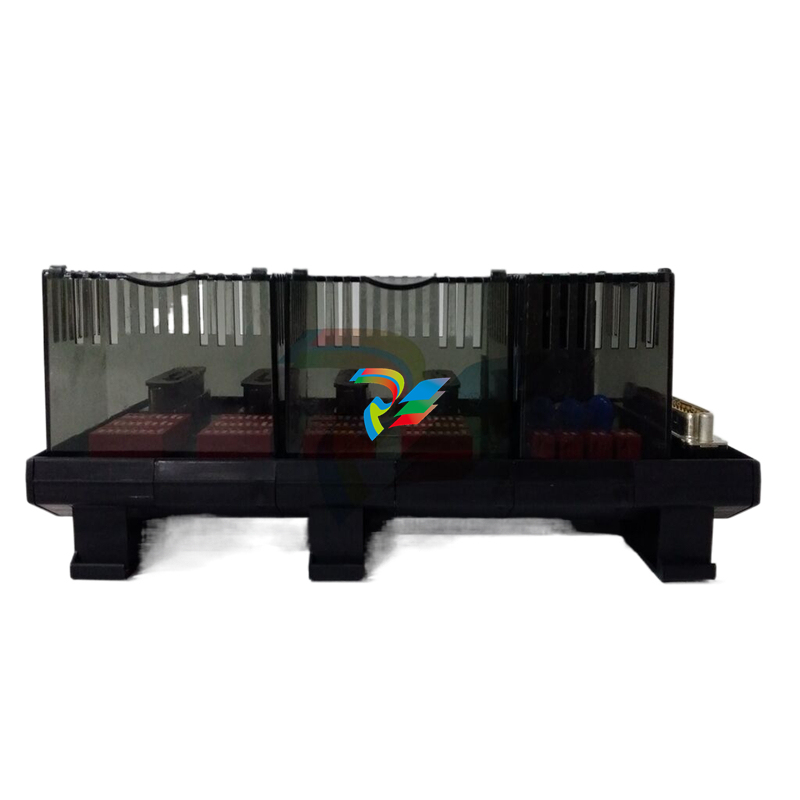
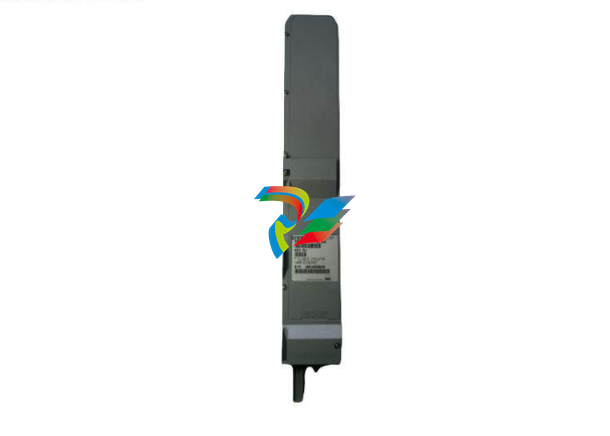
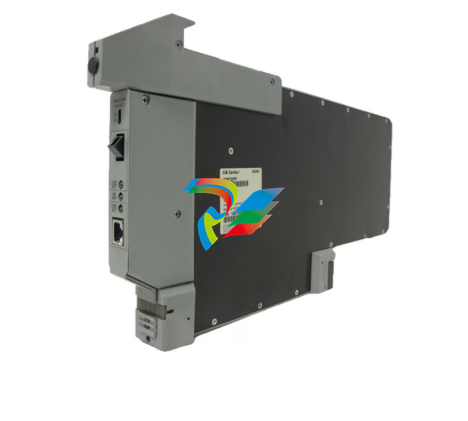
.jpg)
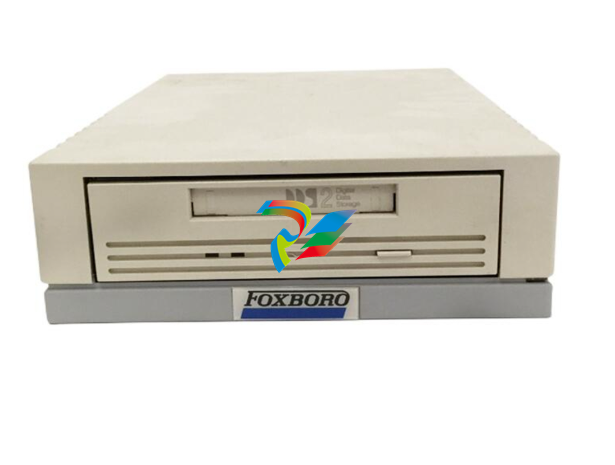
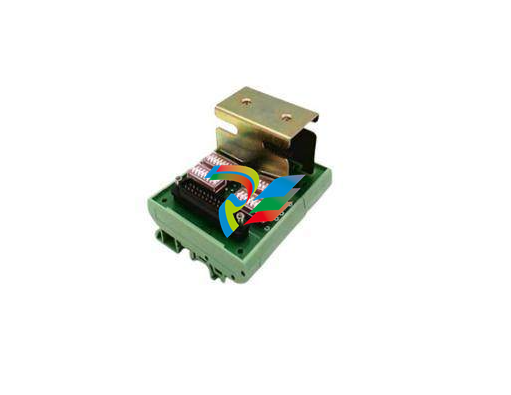
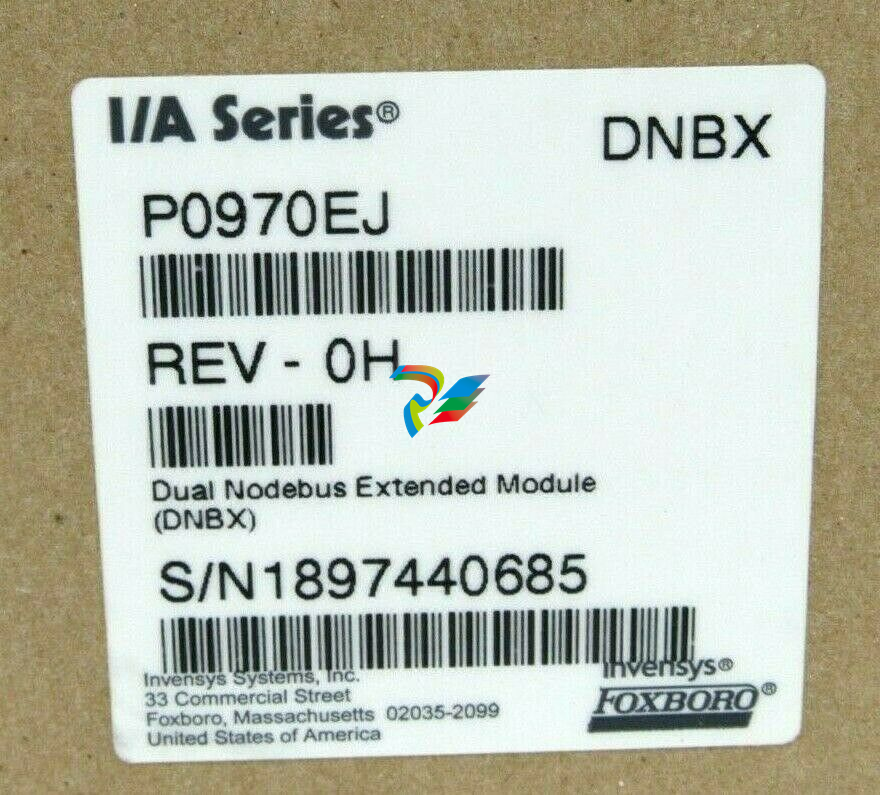
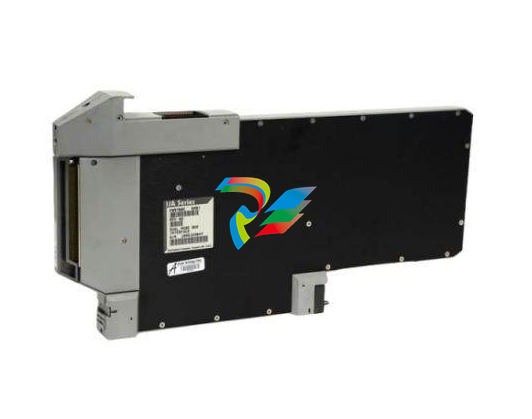
.jpg)
.jpg)
.jpg)
.jpg)
.jpg)
.jpg)
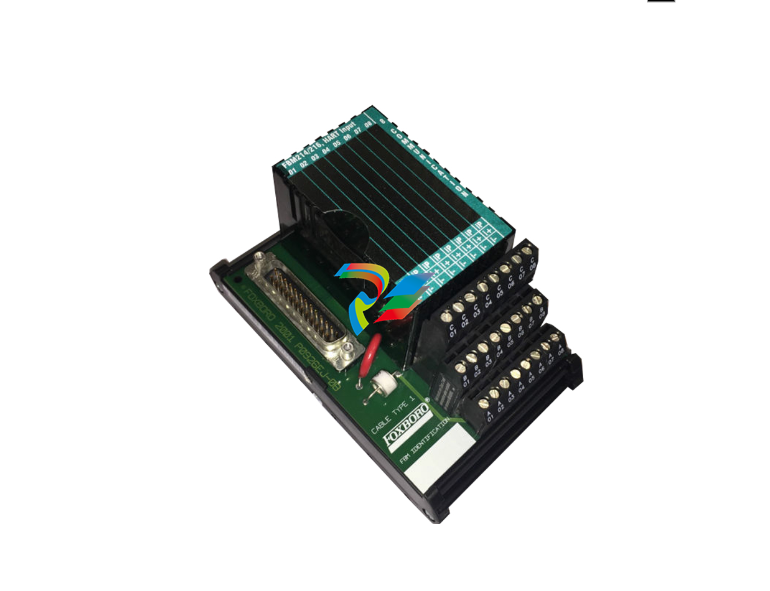
.jpg)
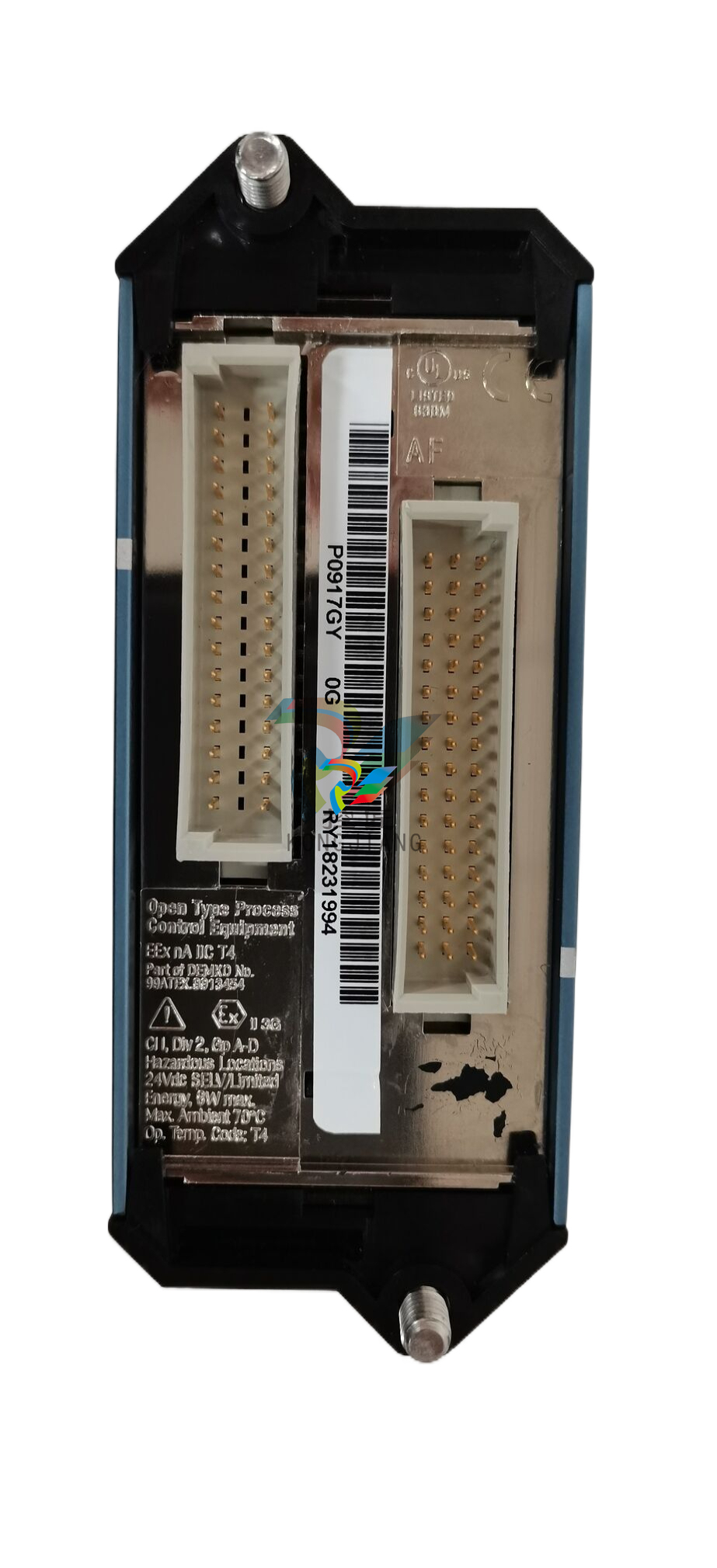
.jpg)
.jpg)
.jpg)
